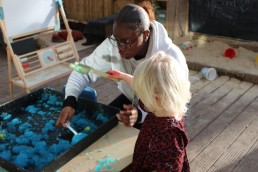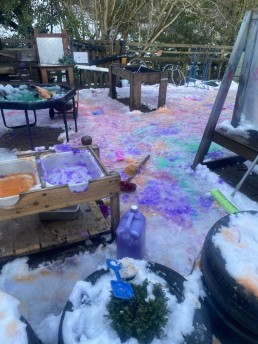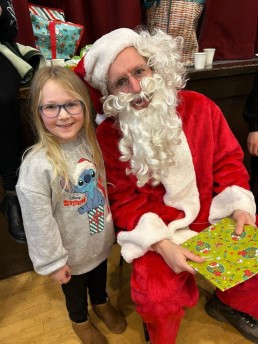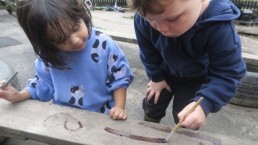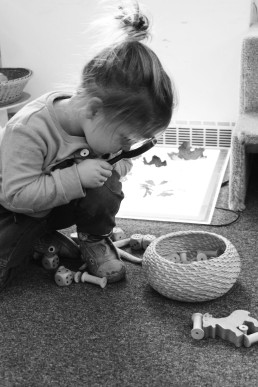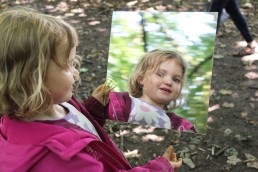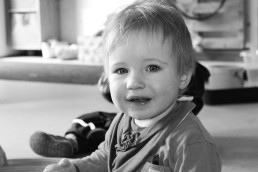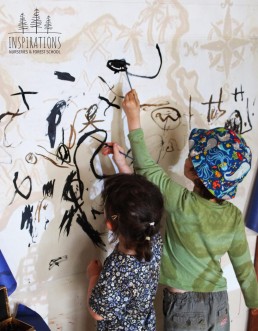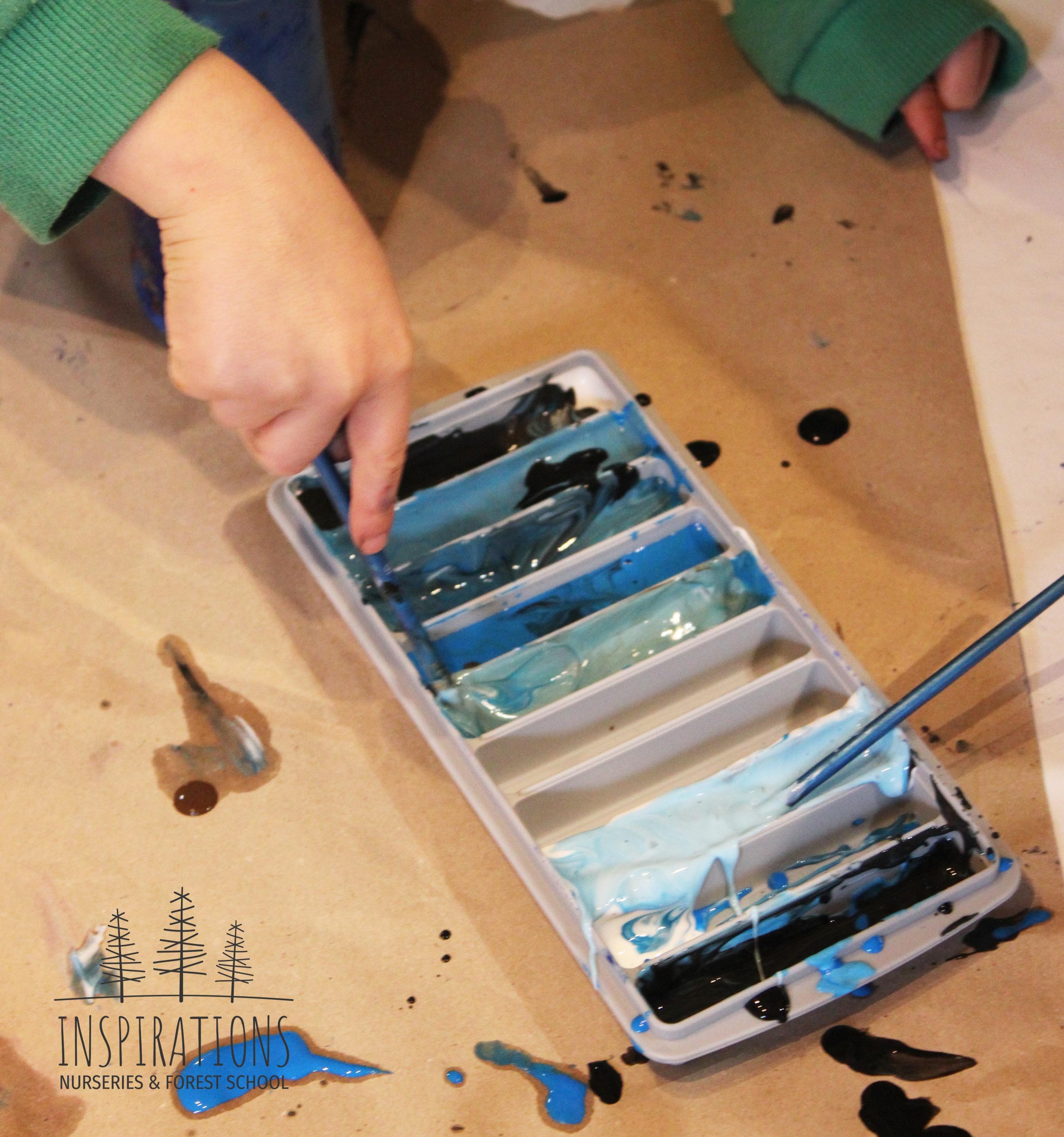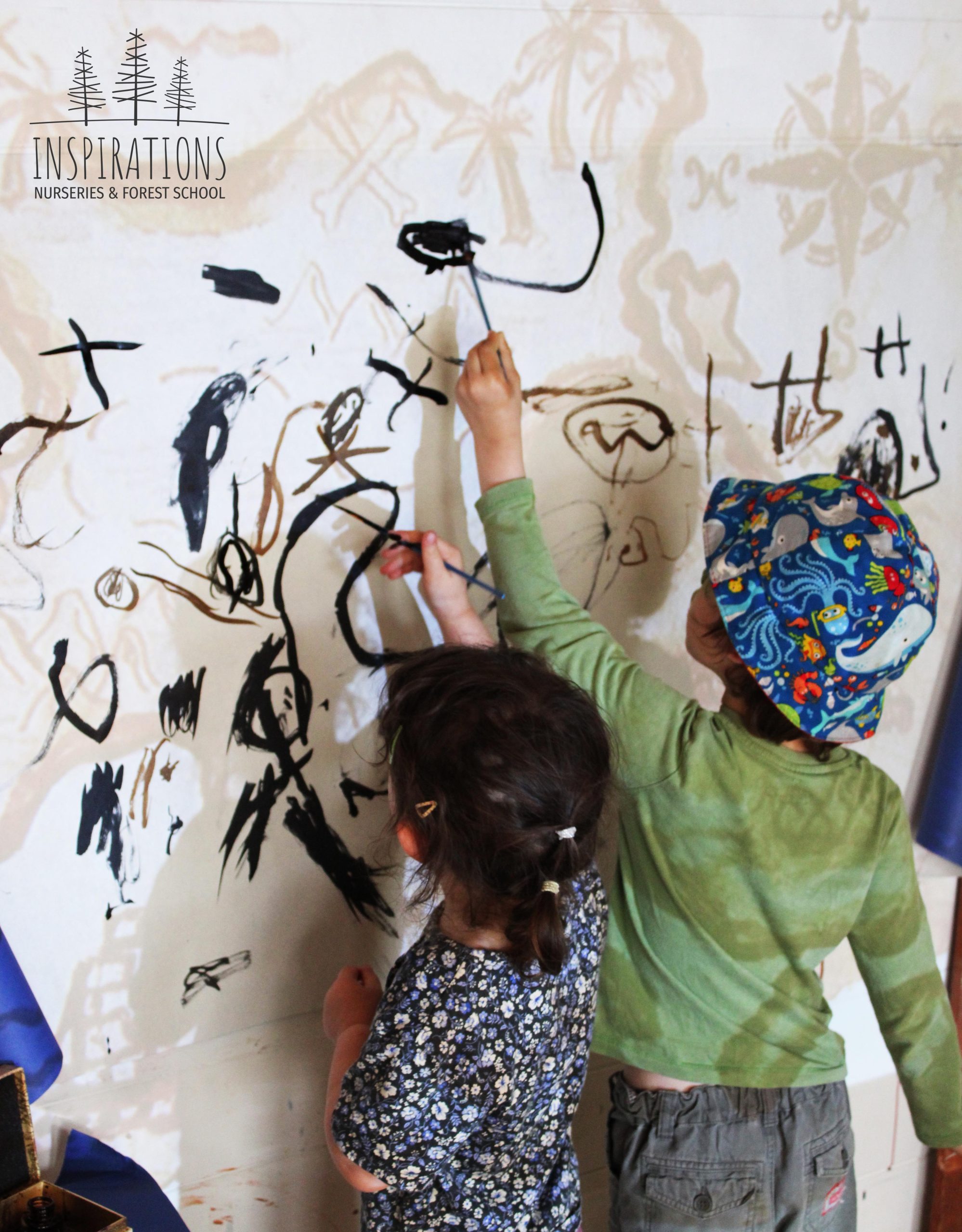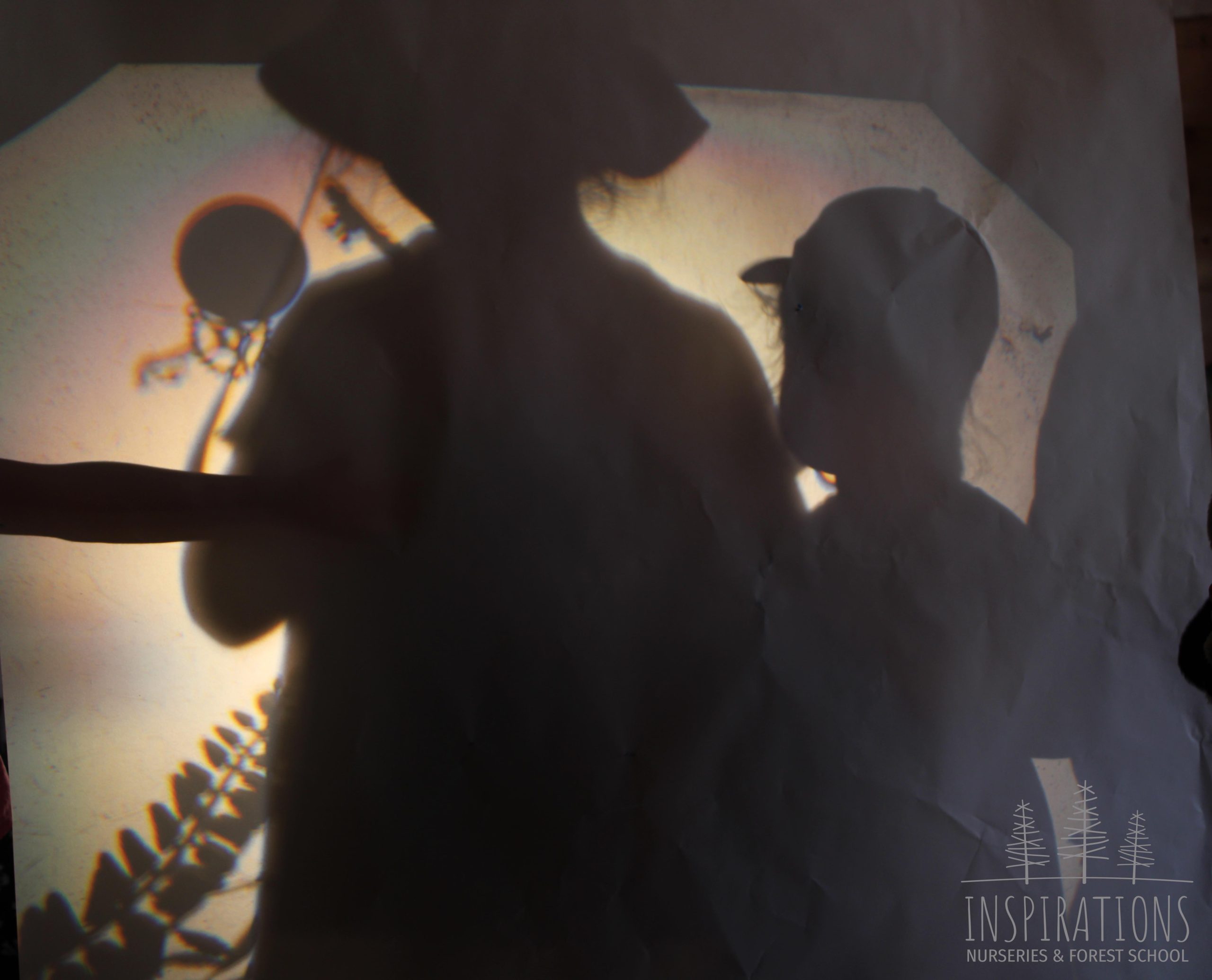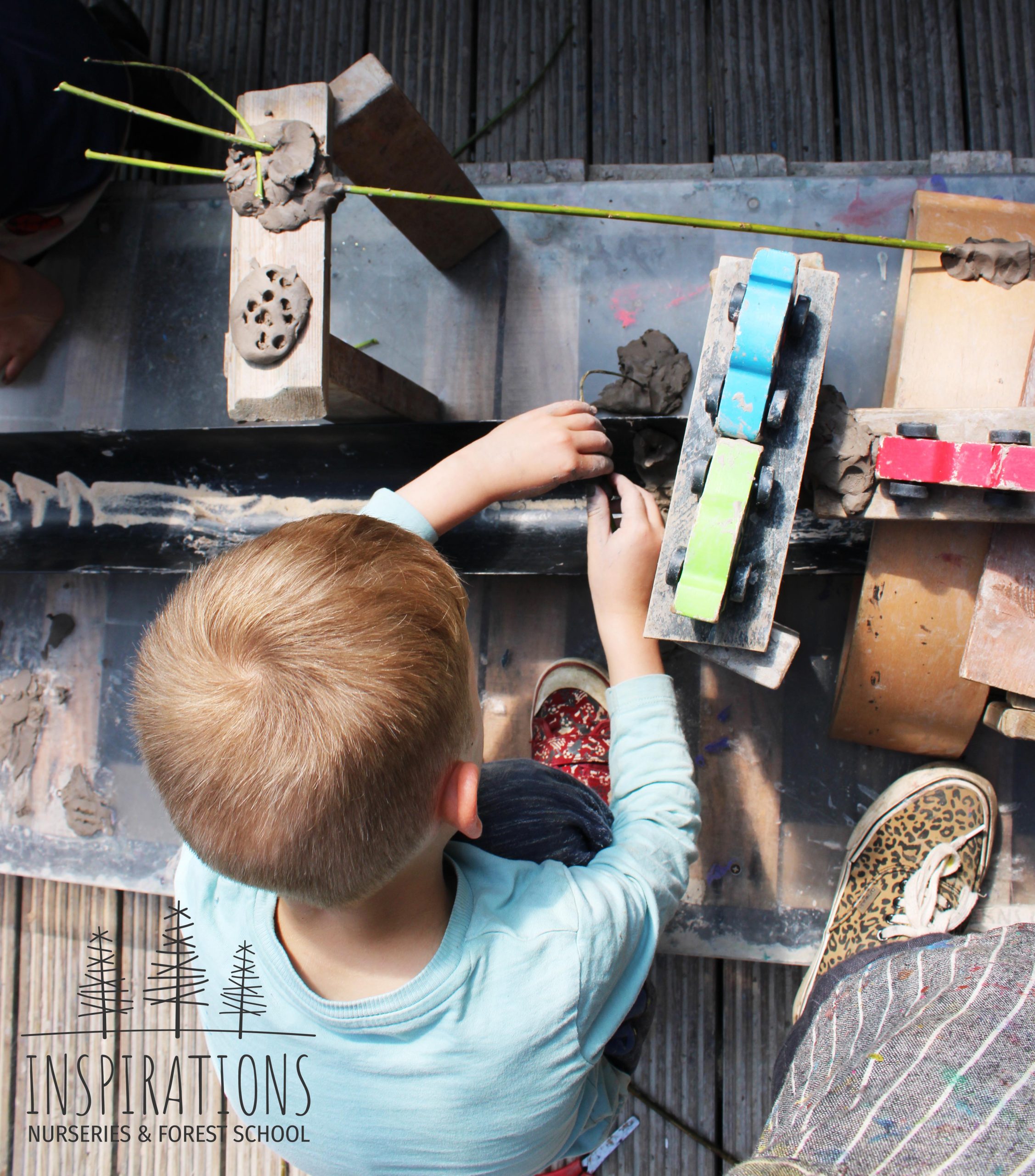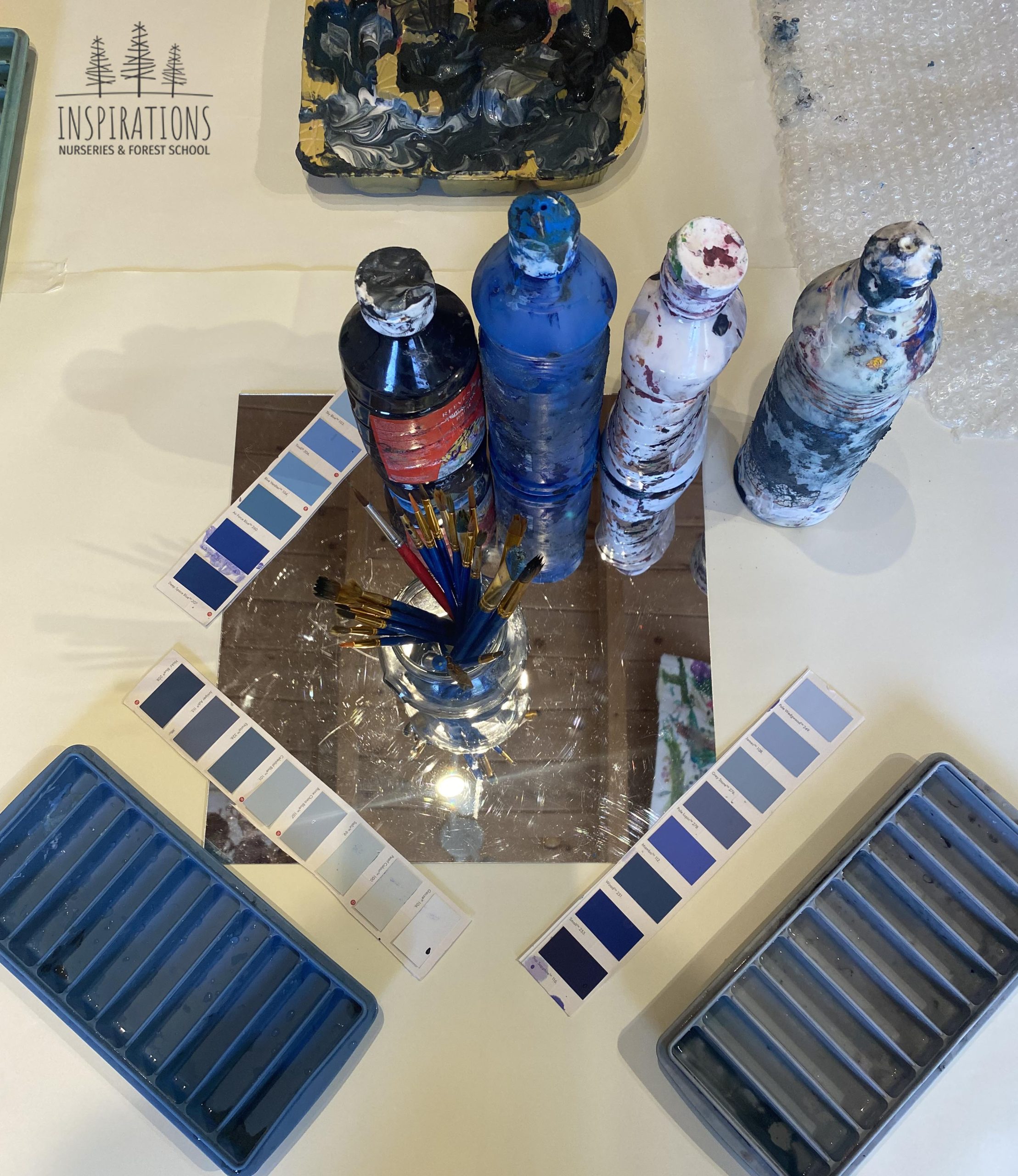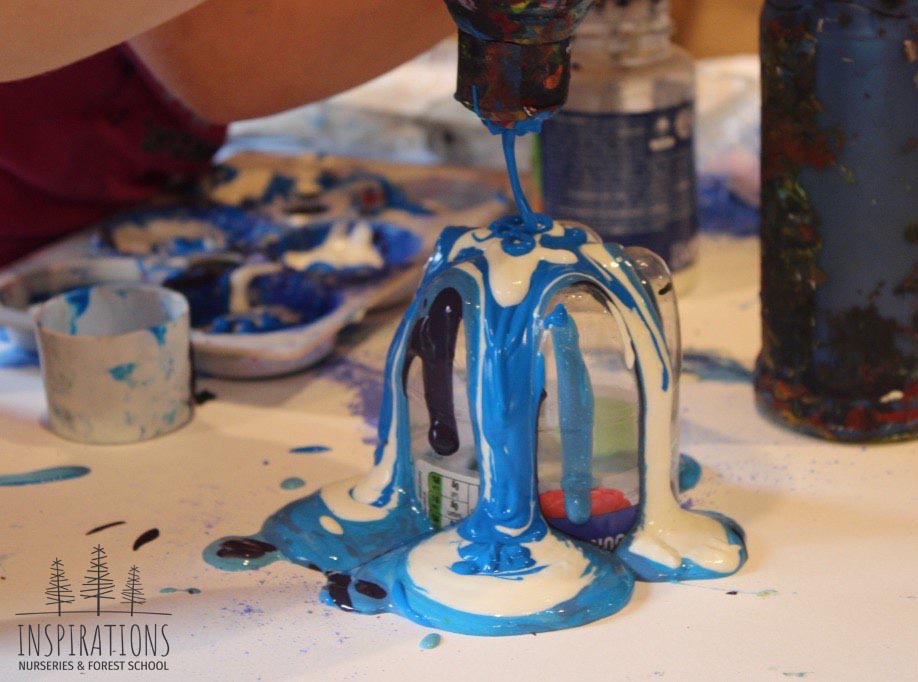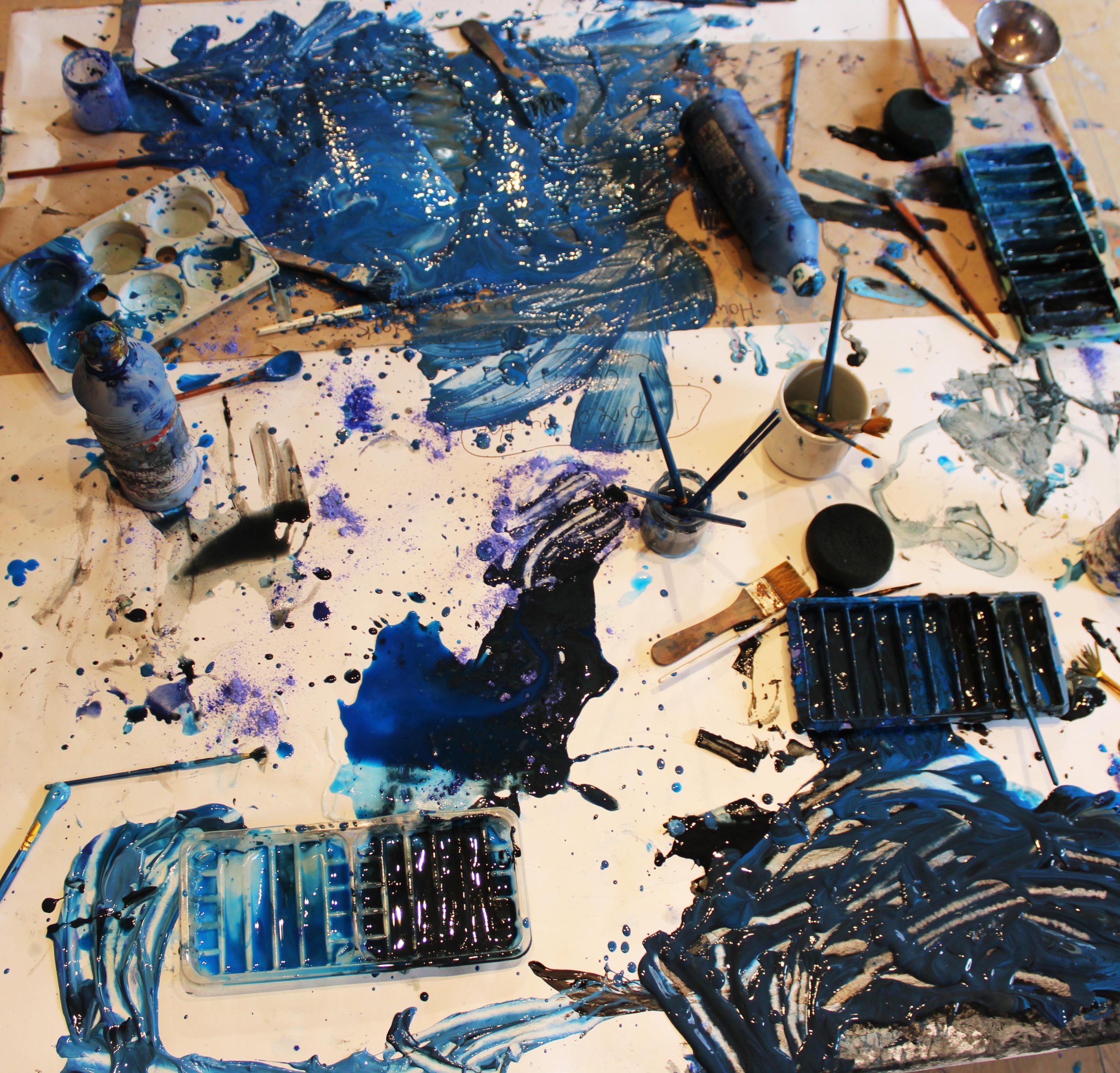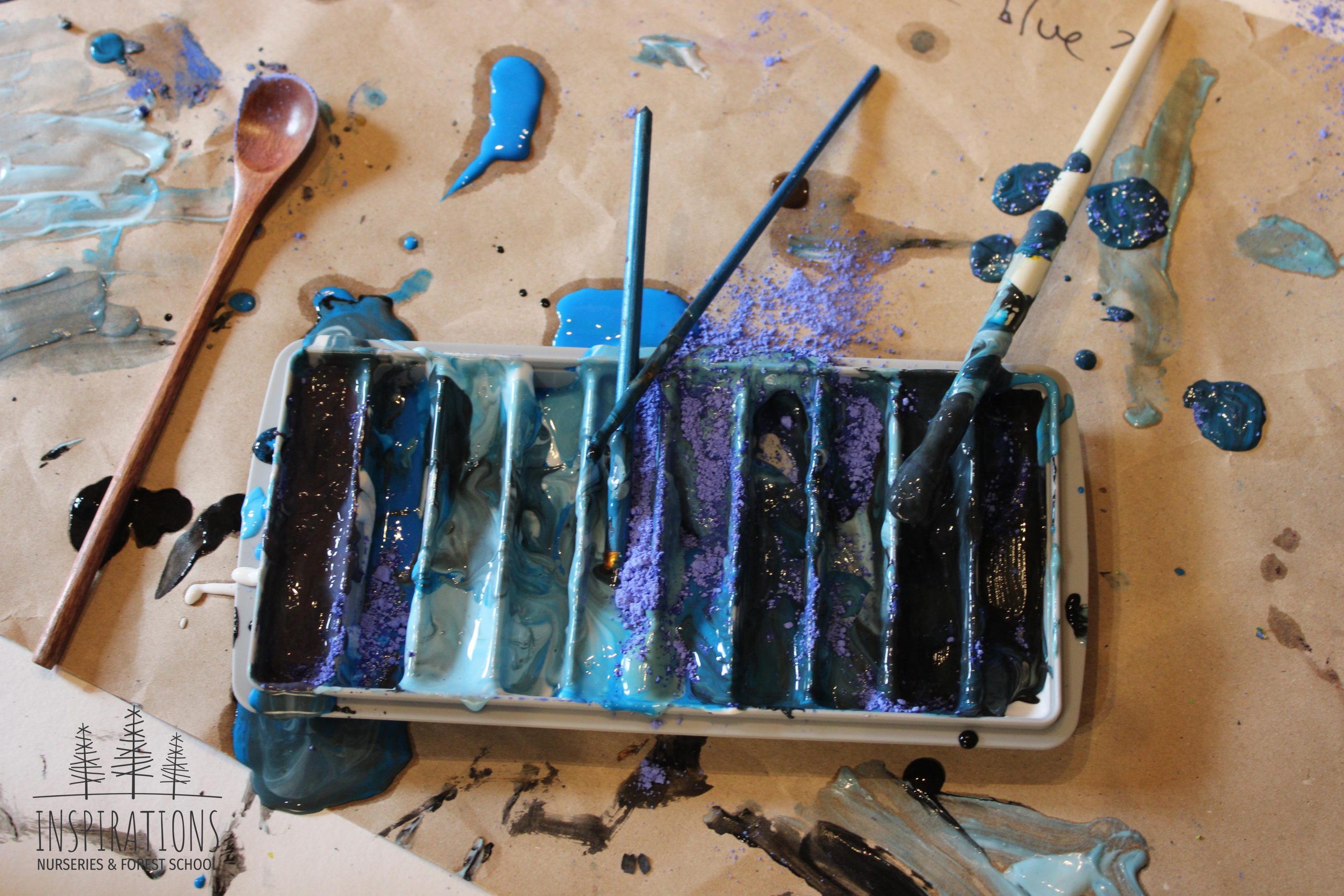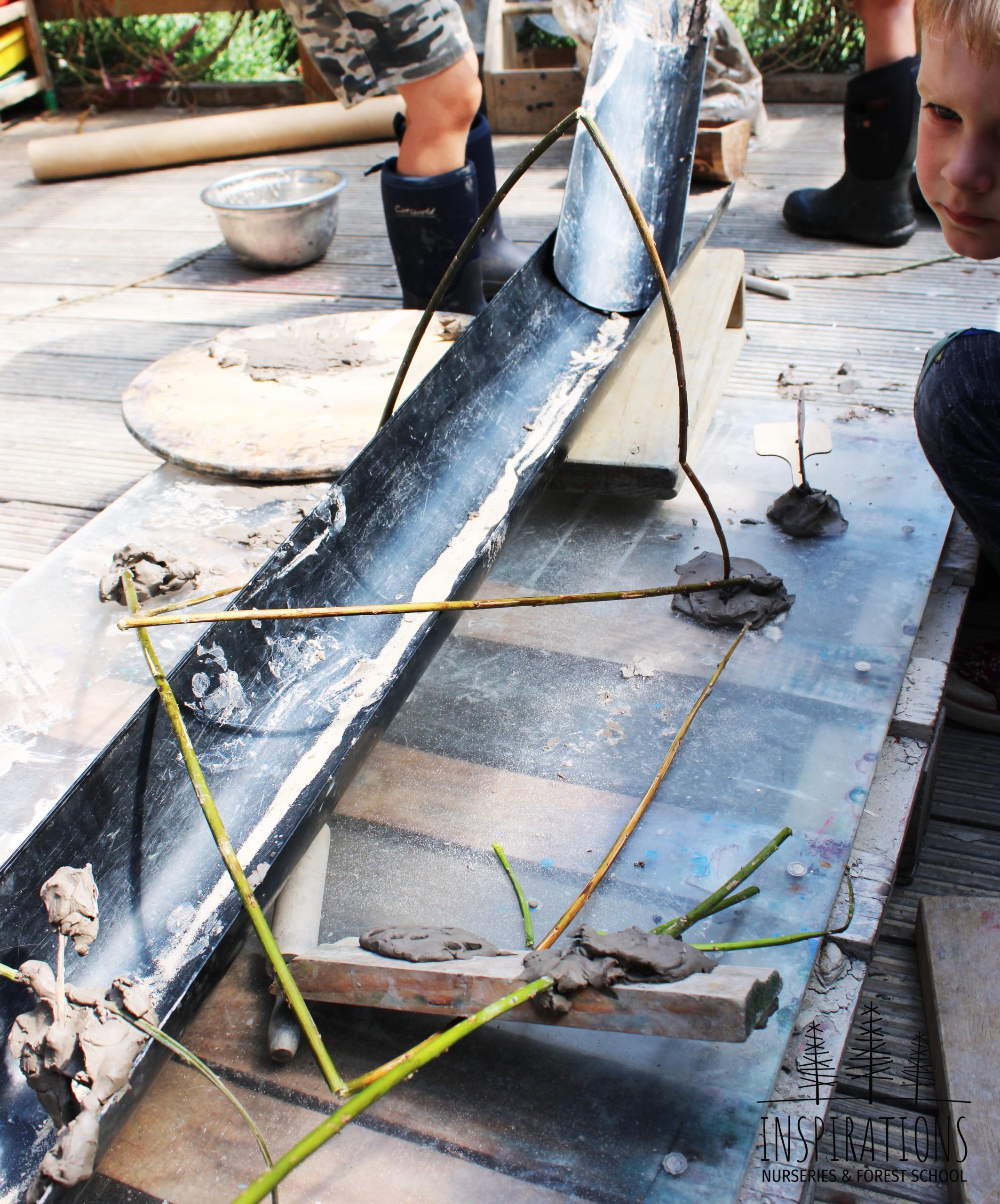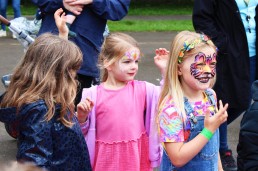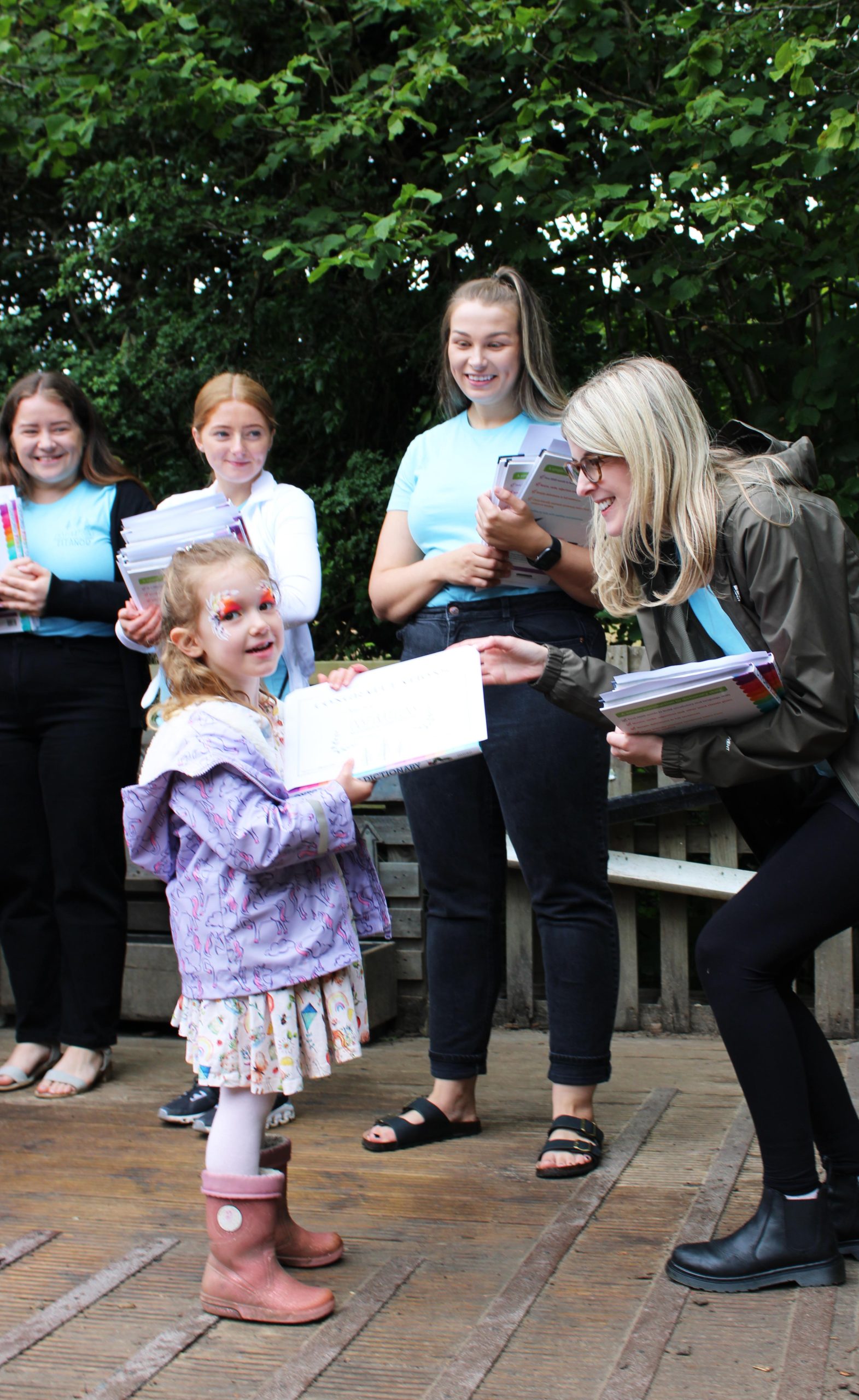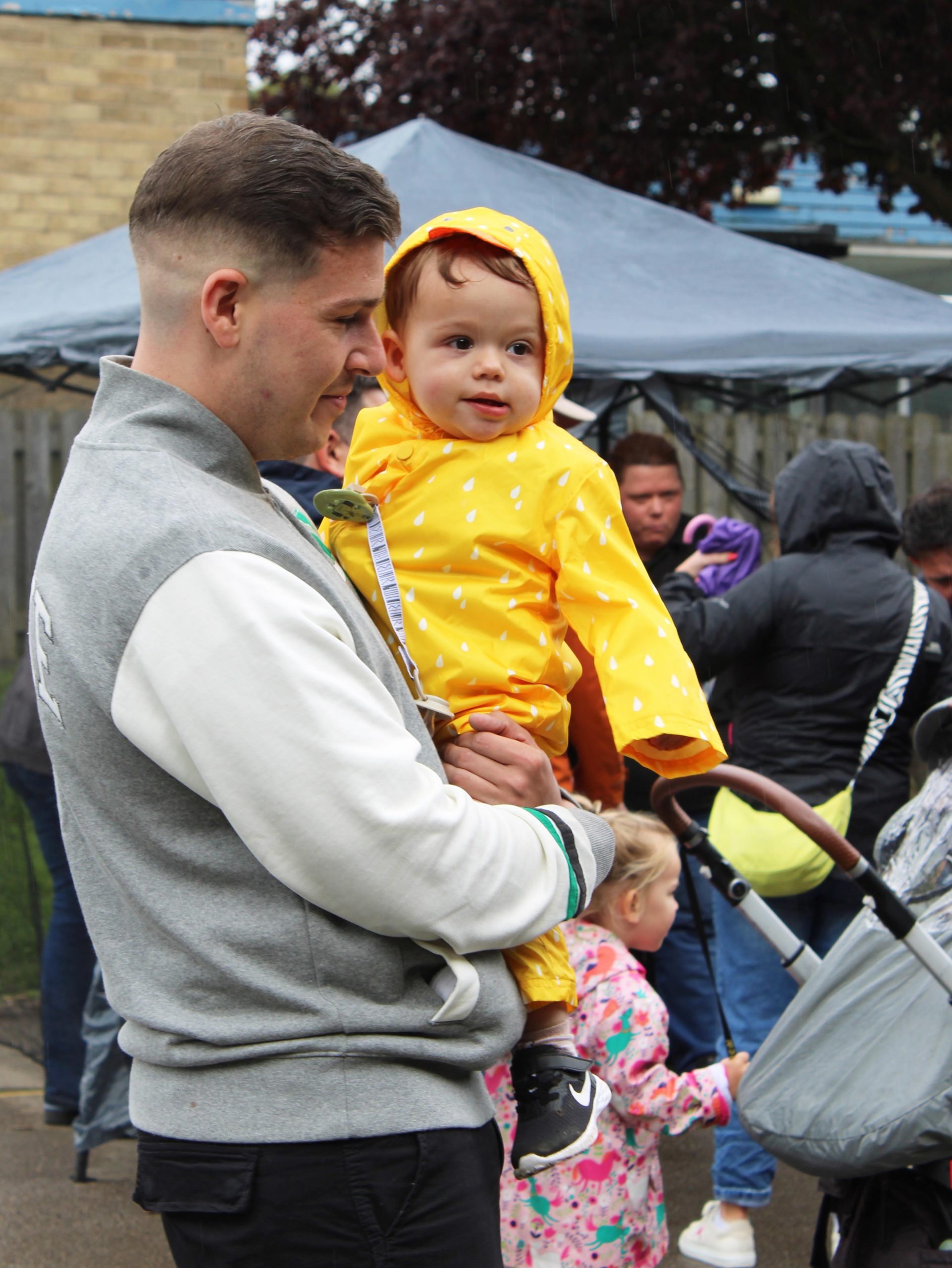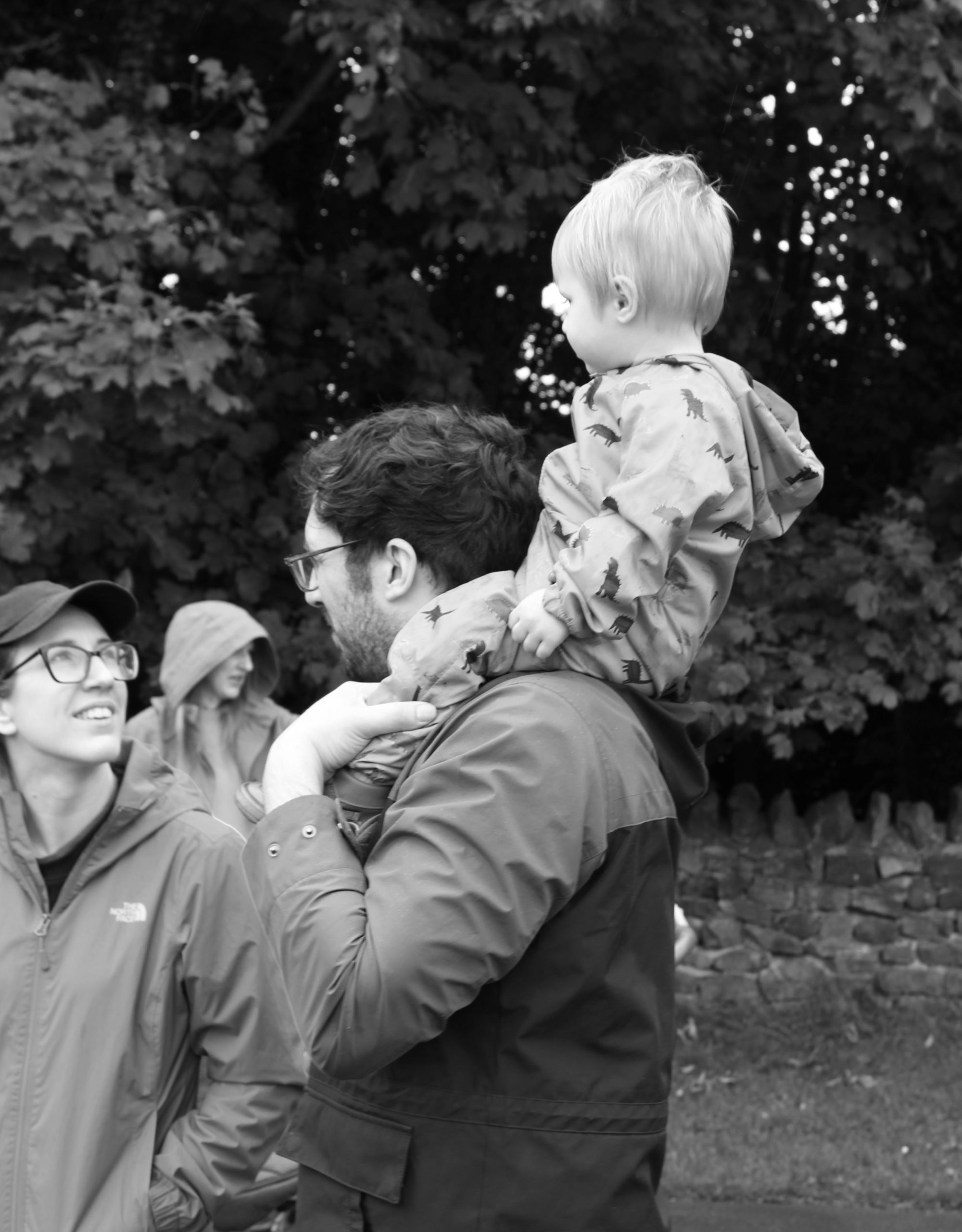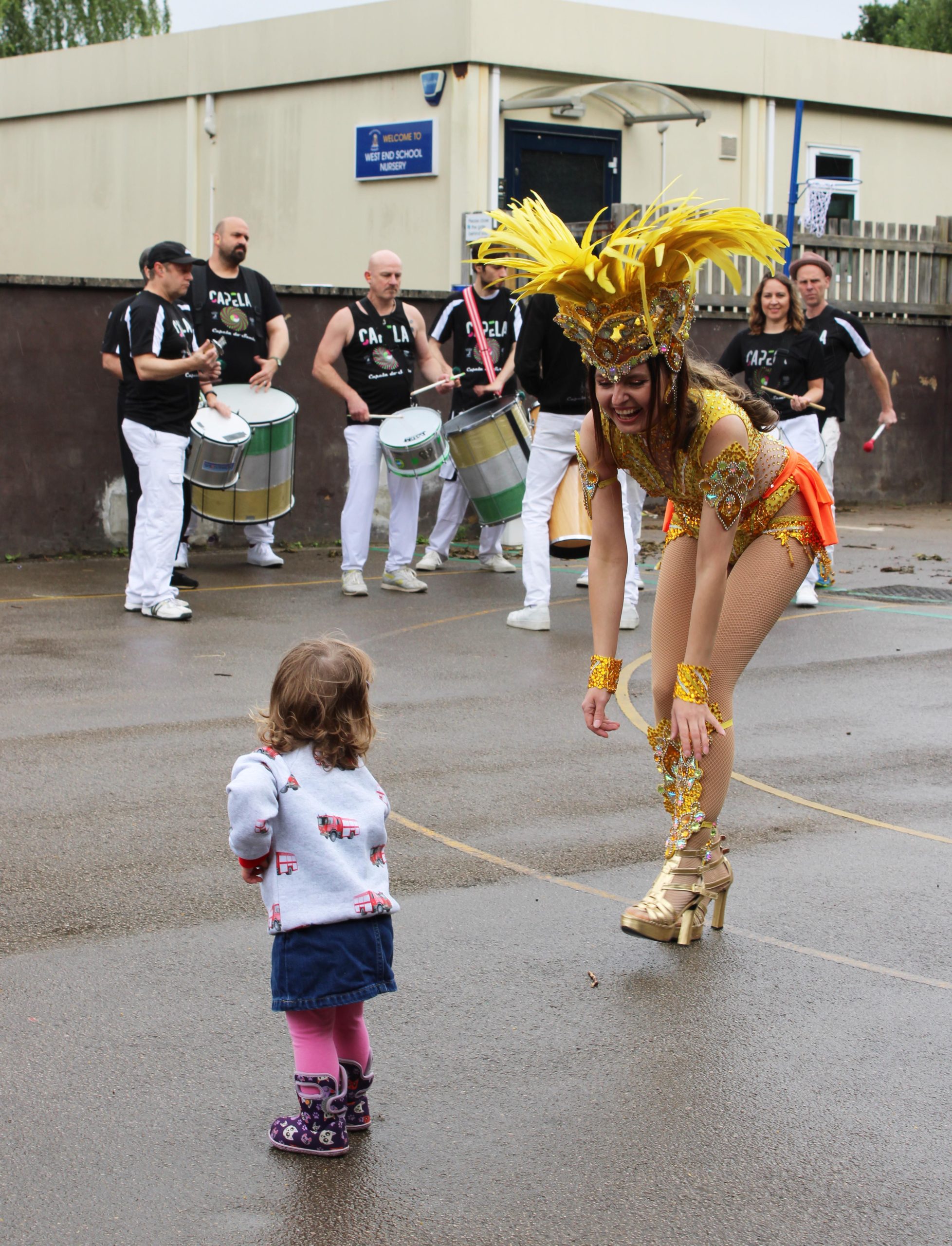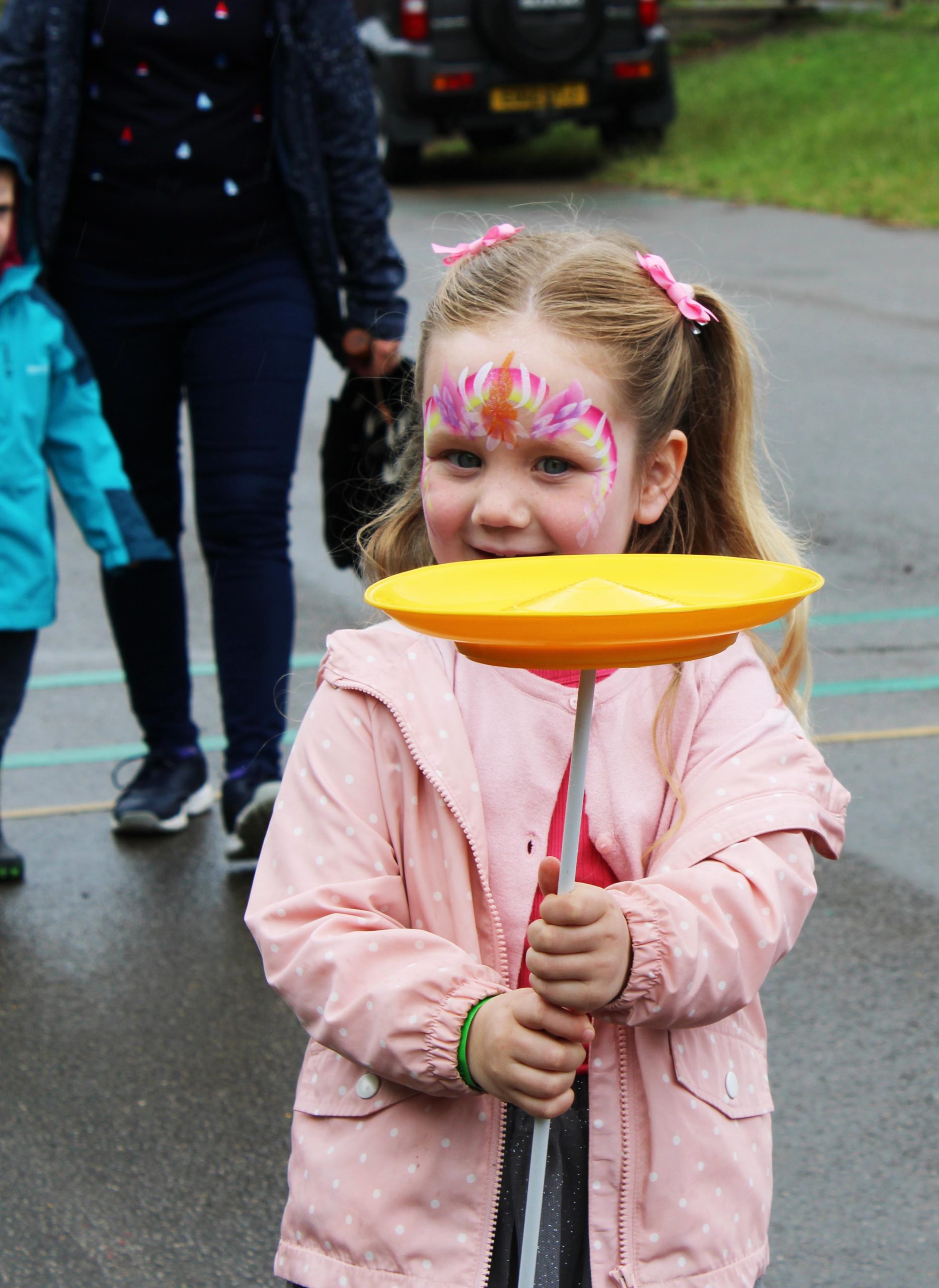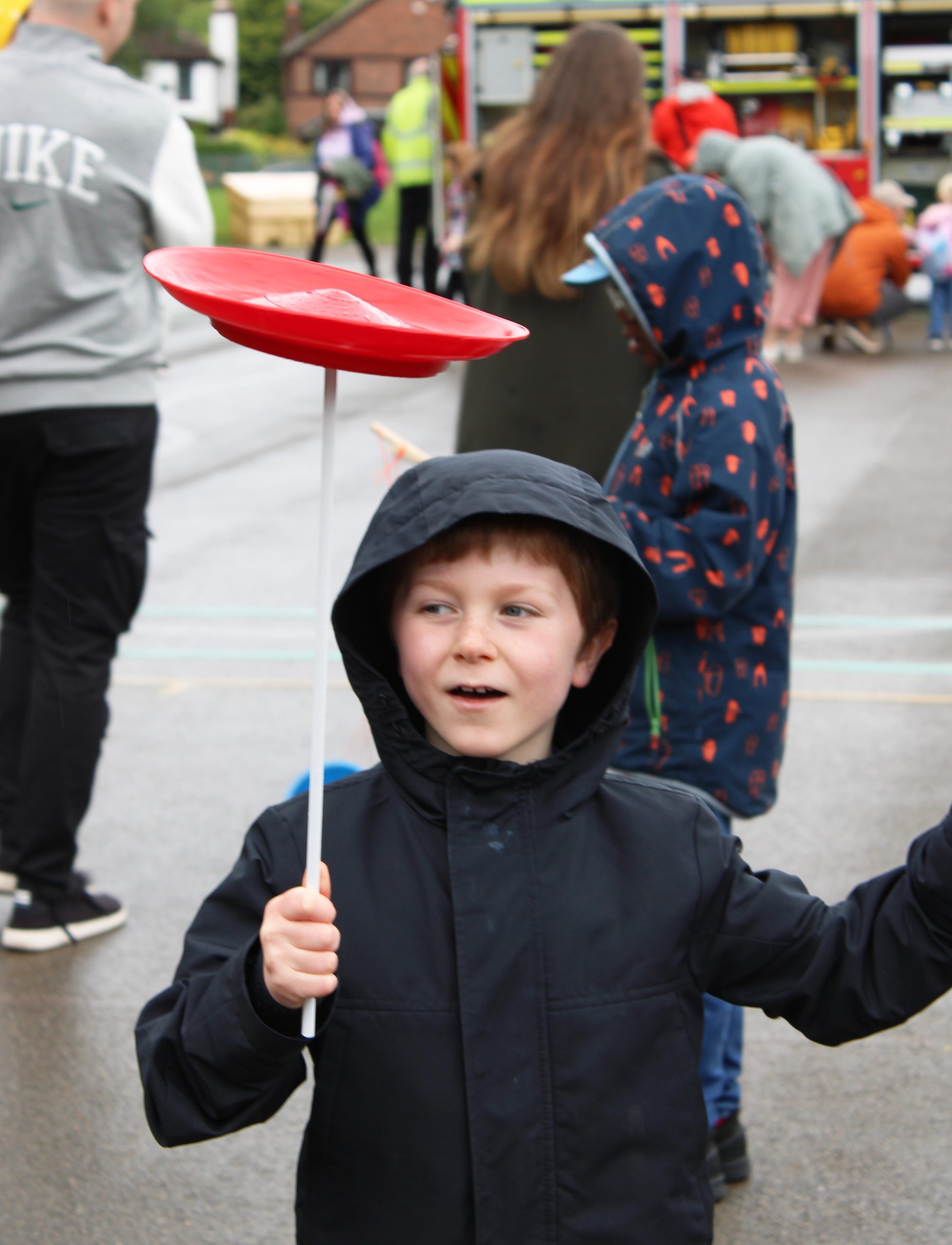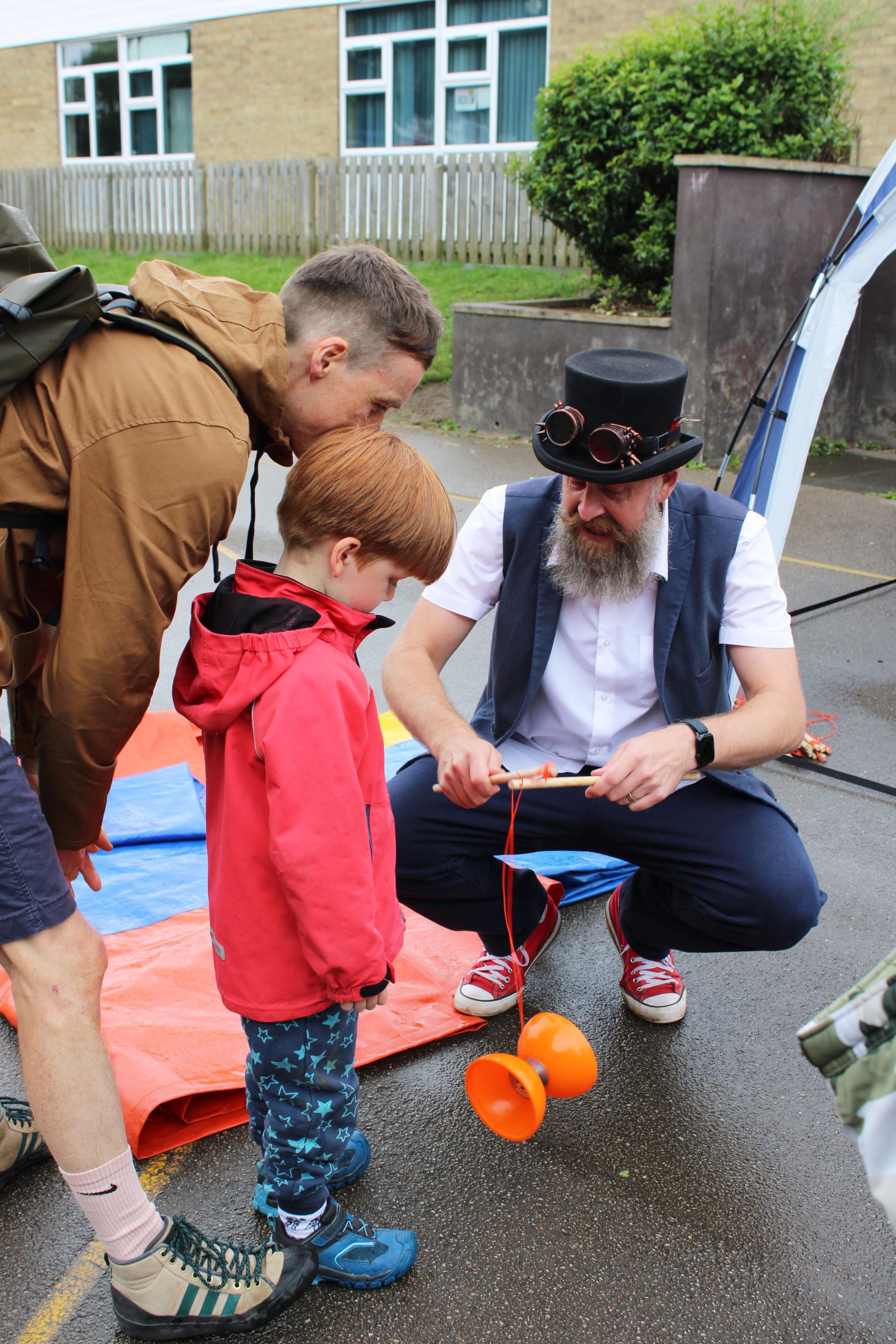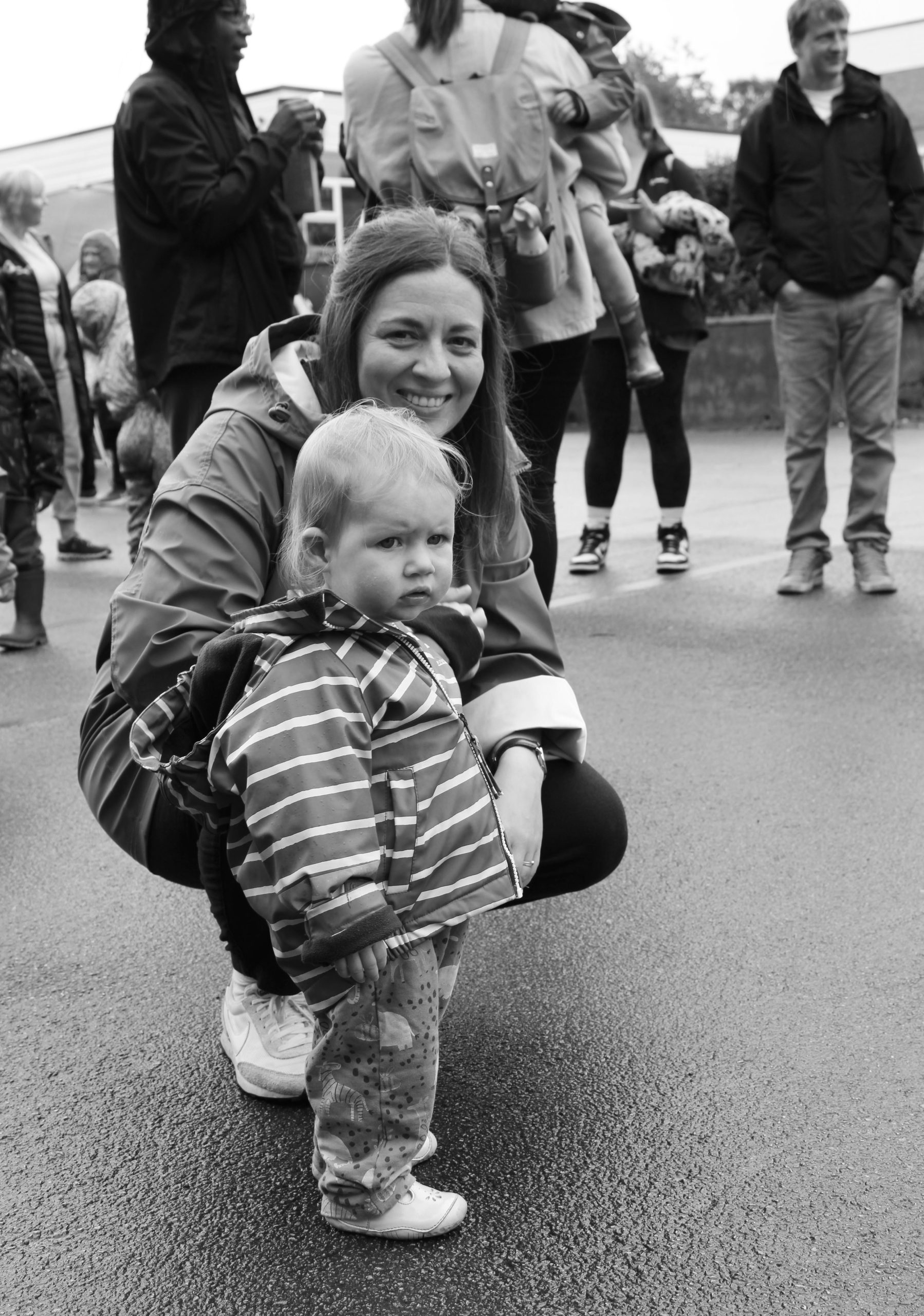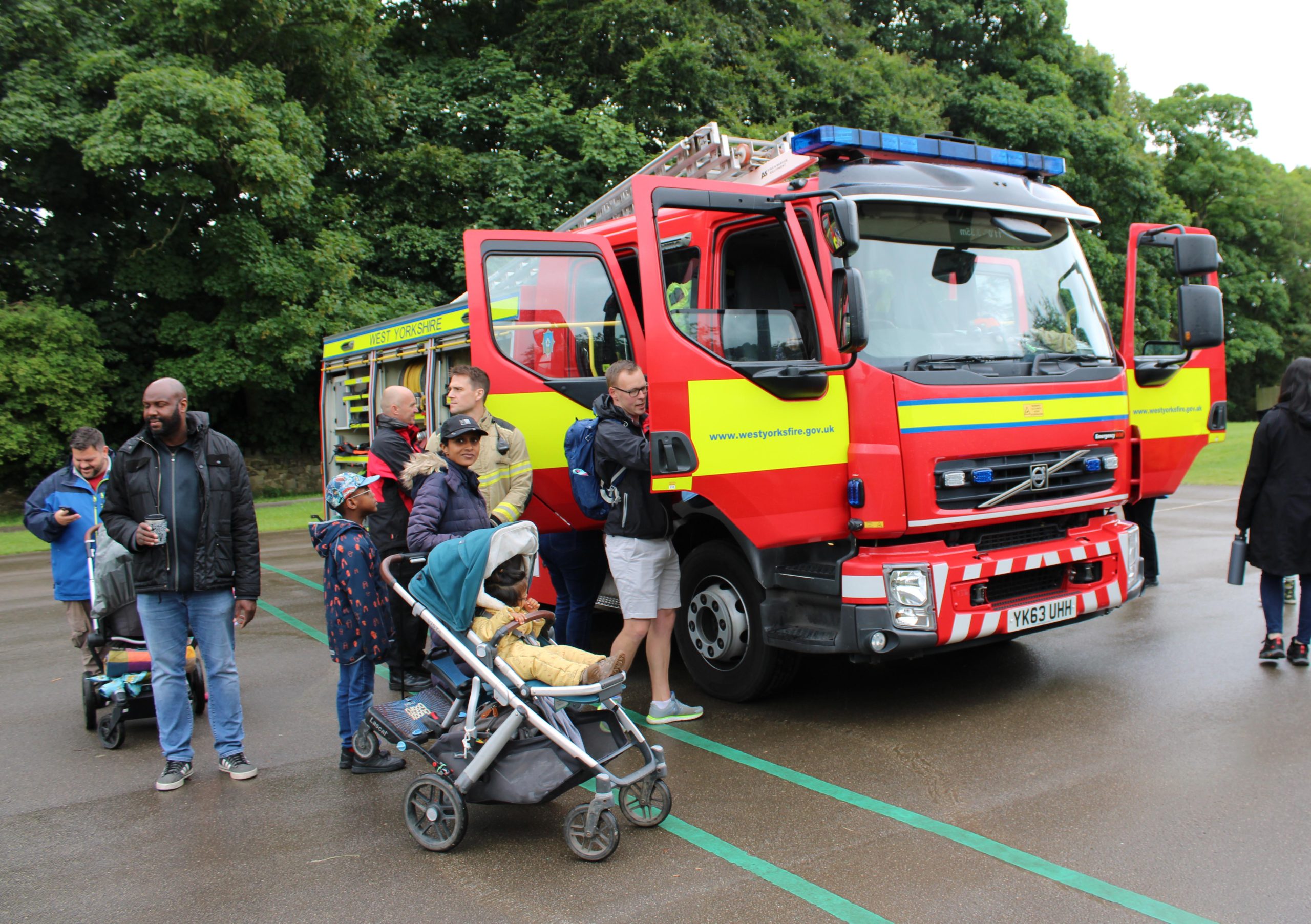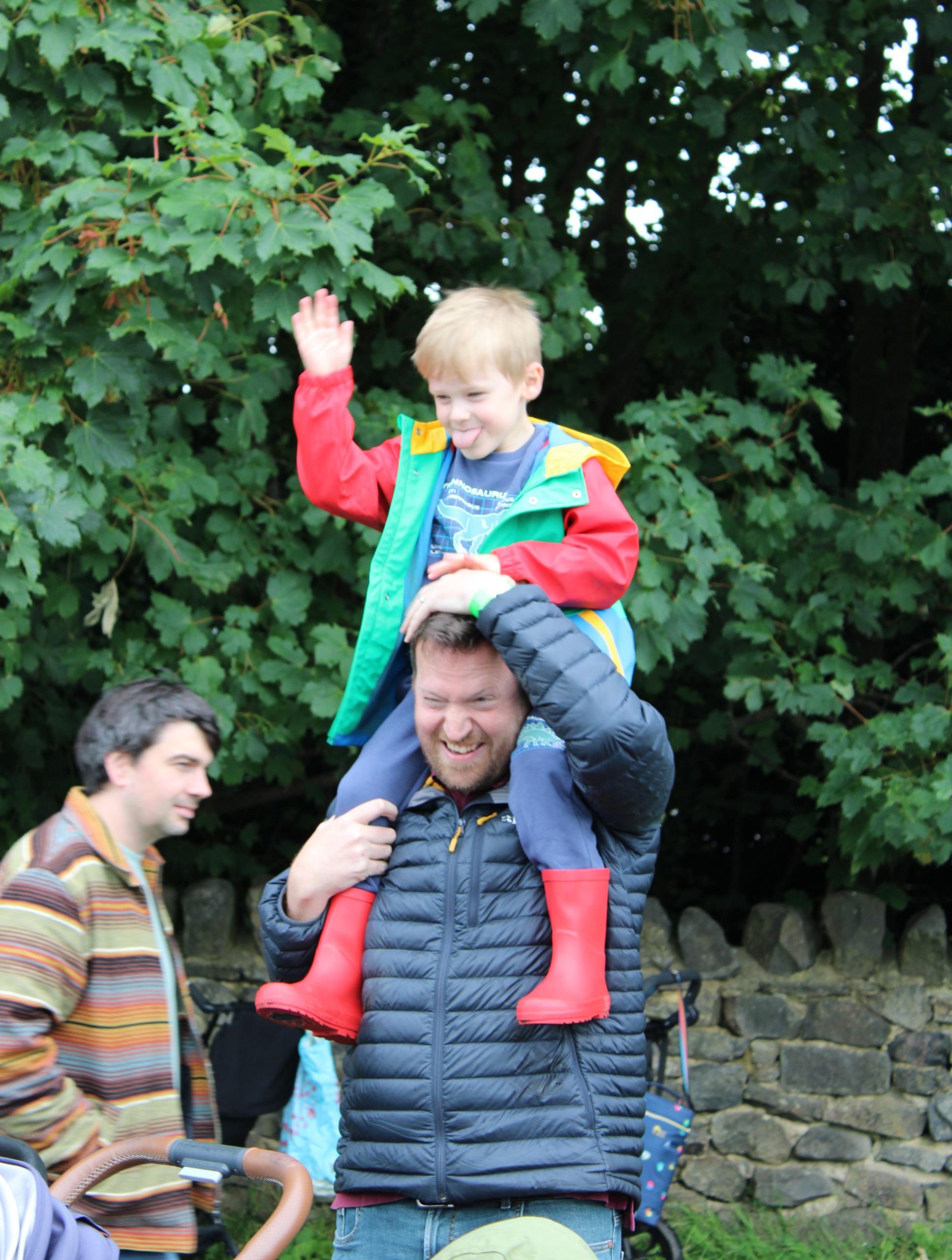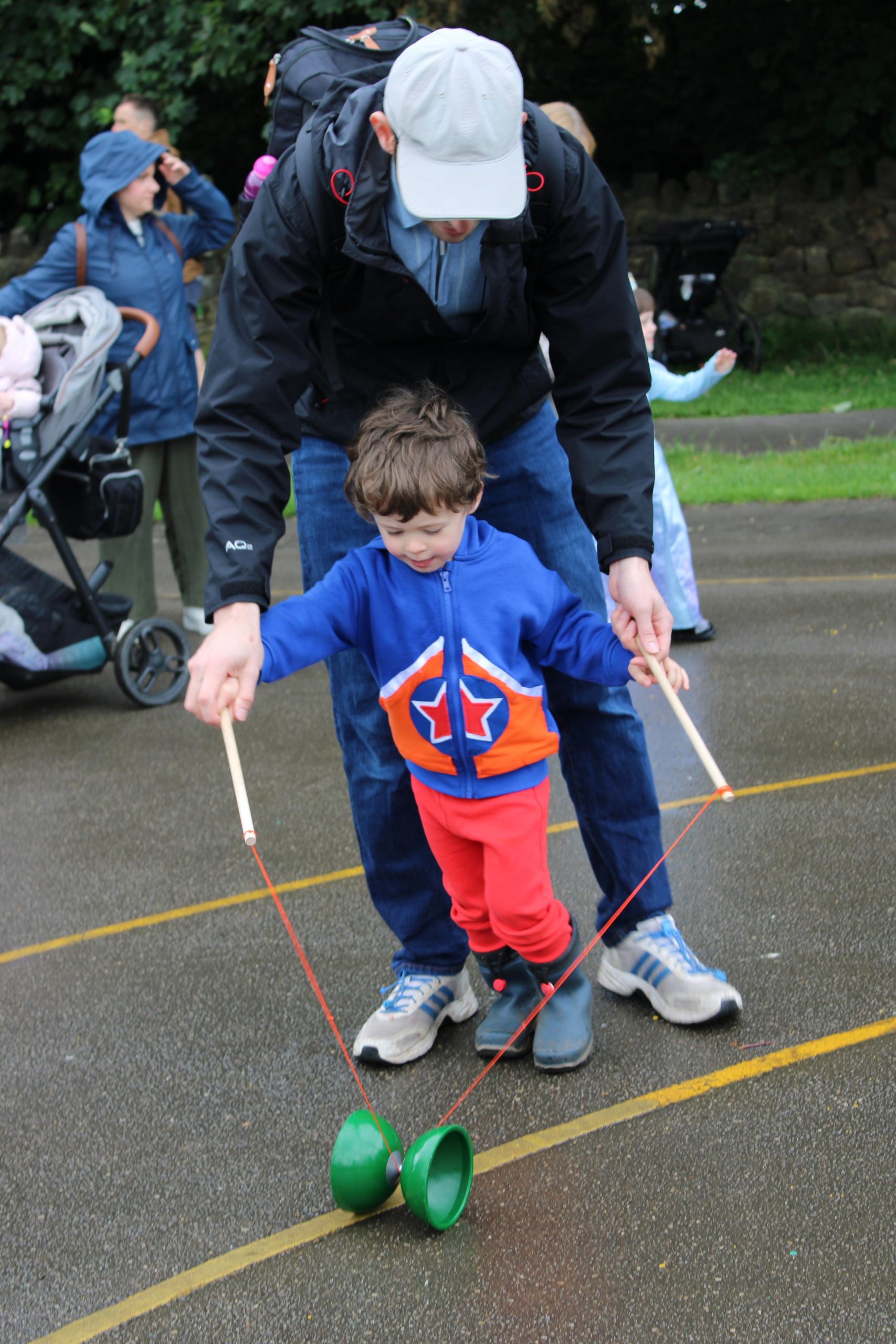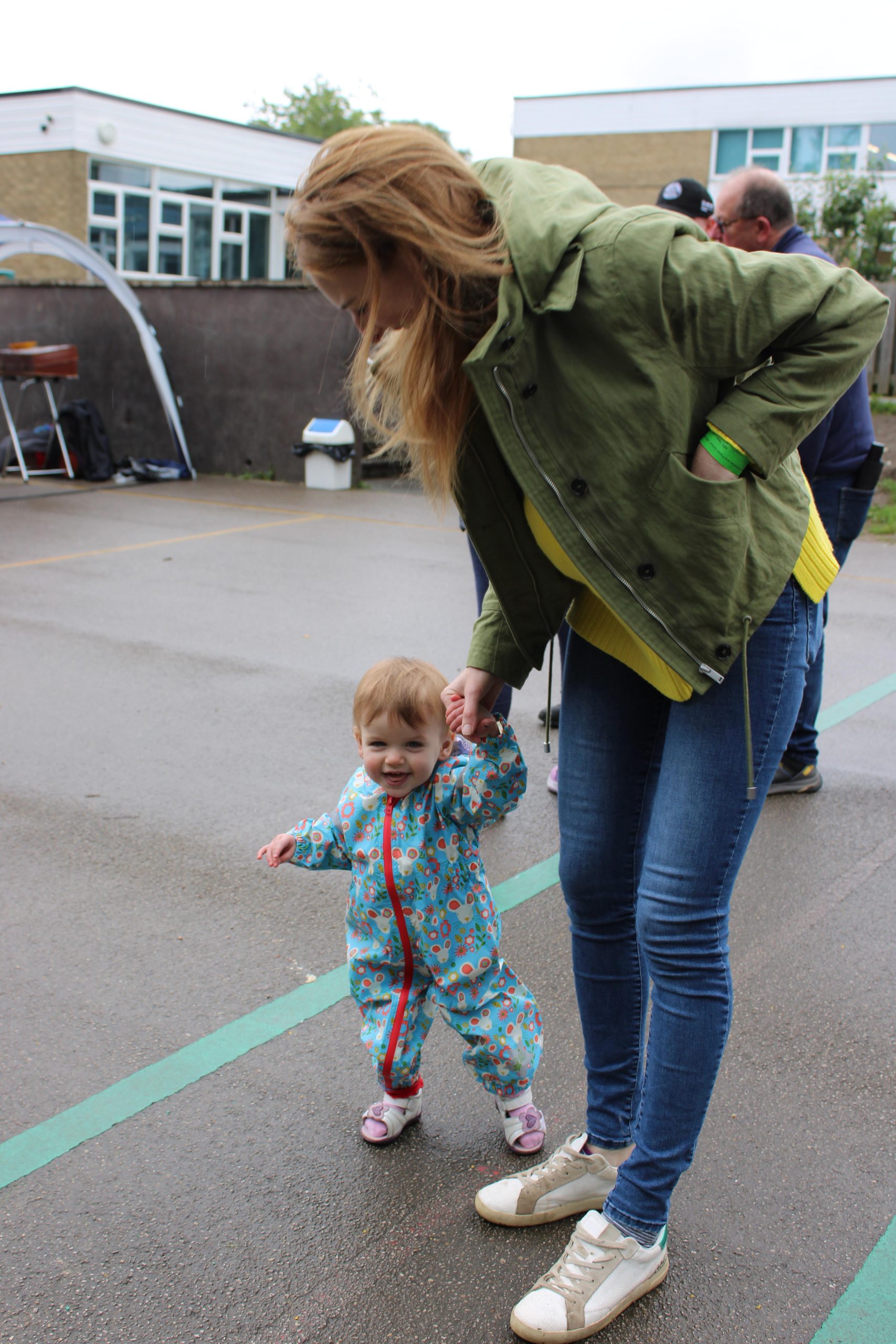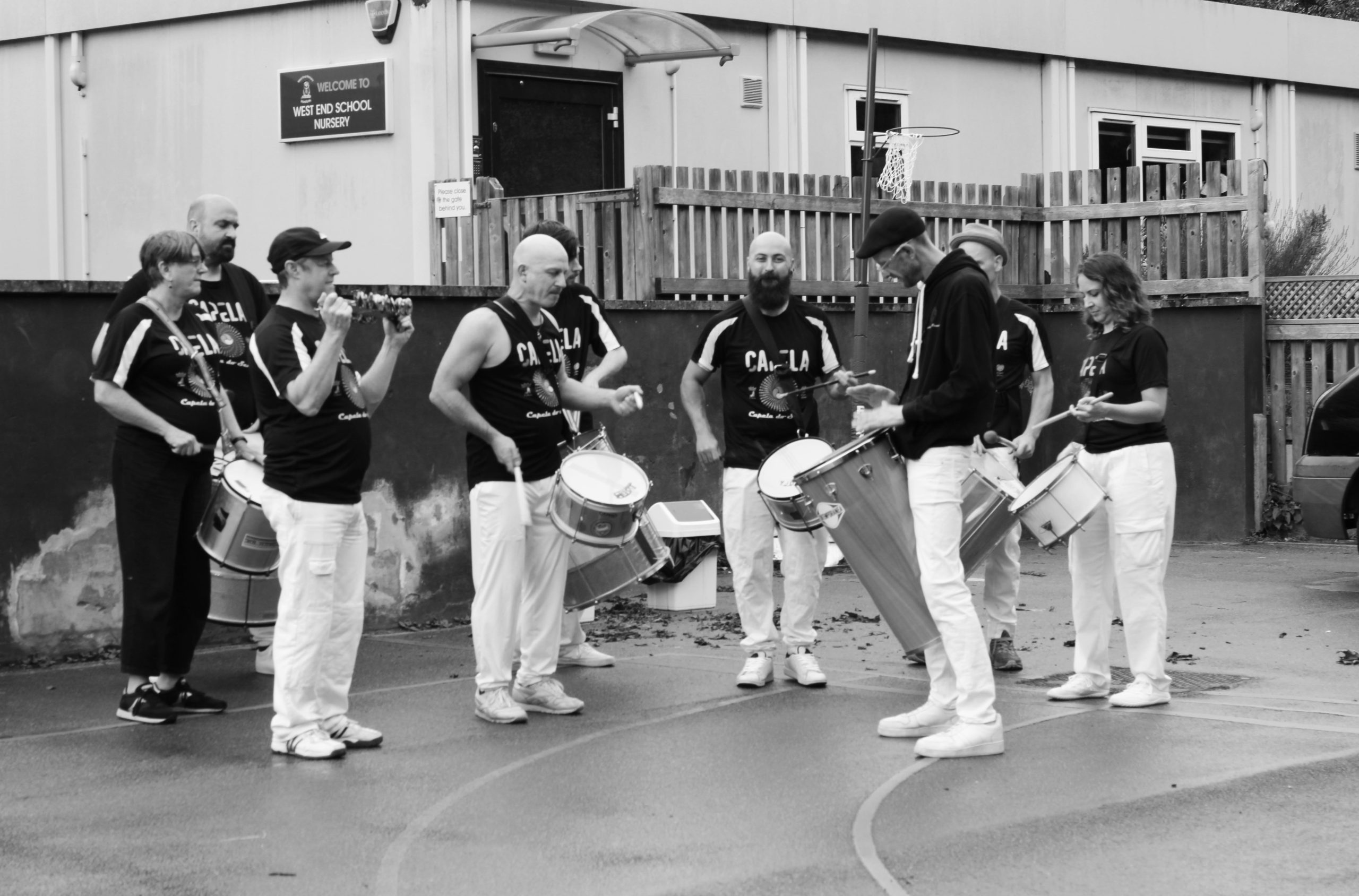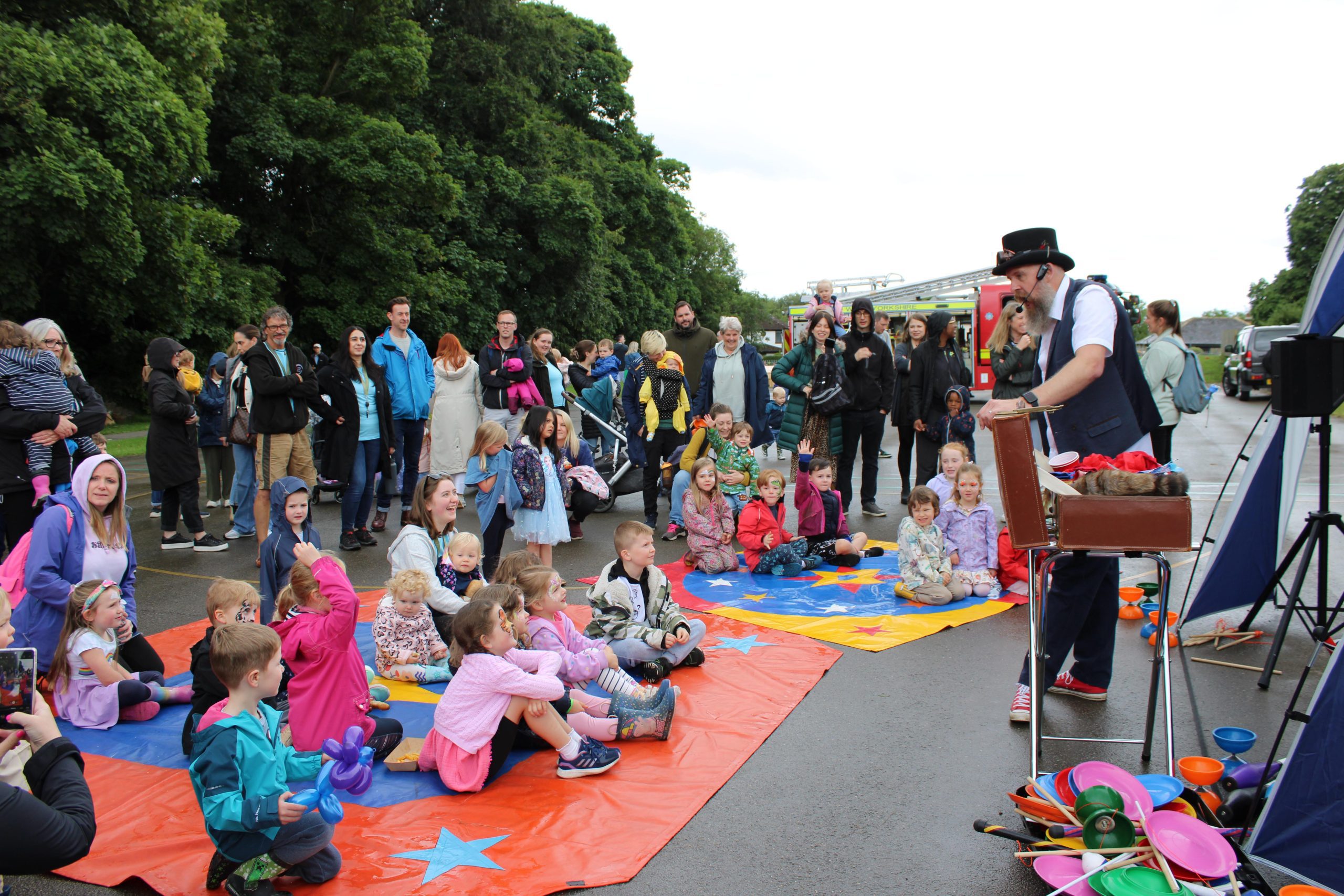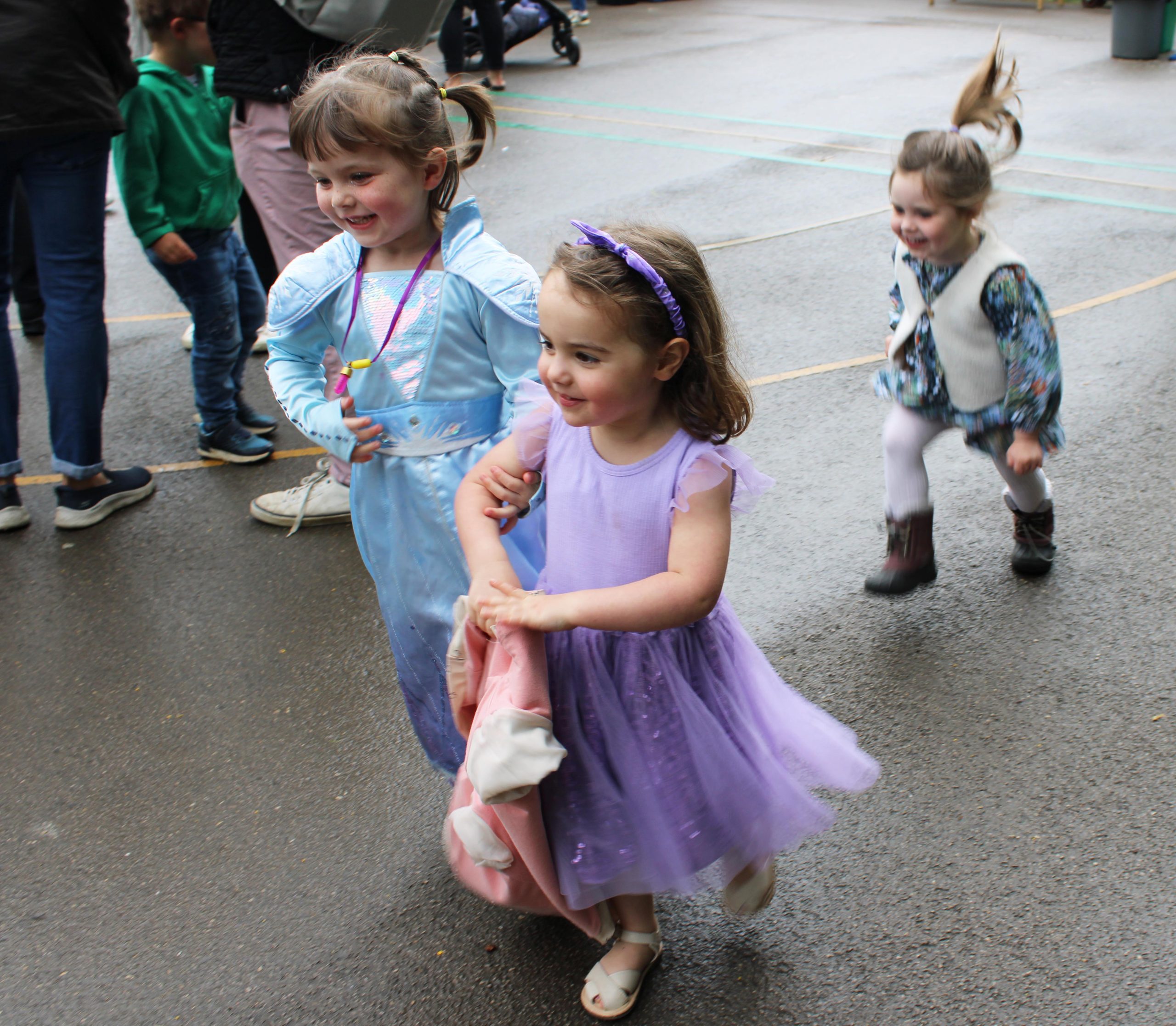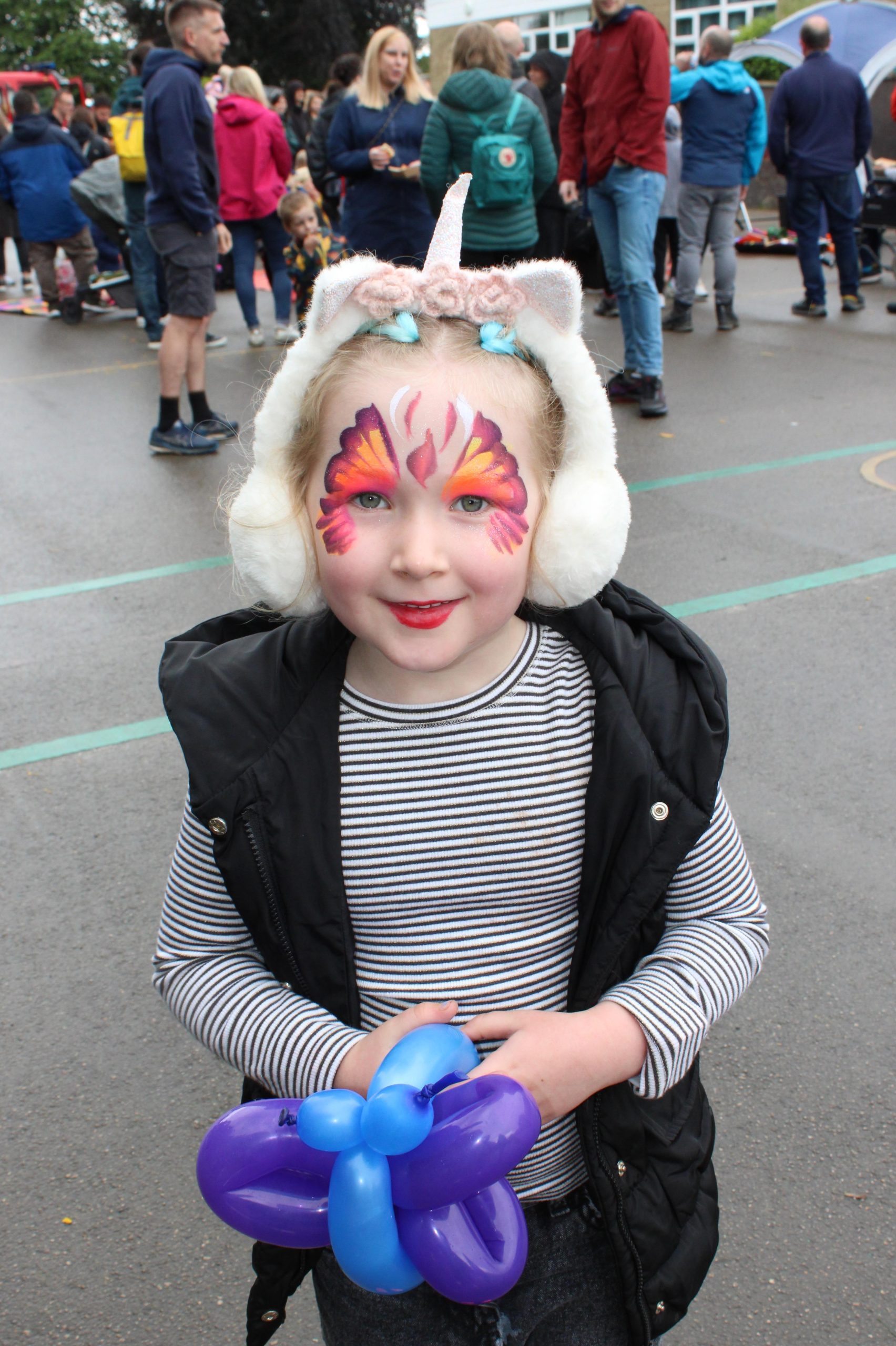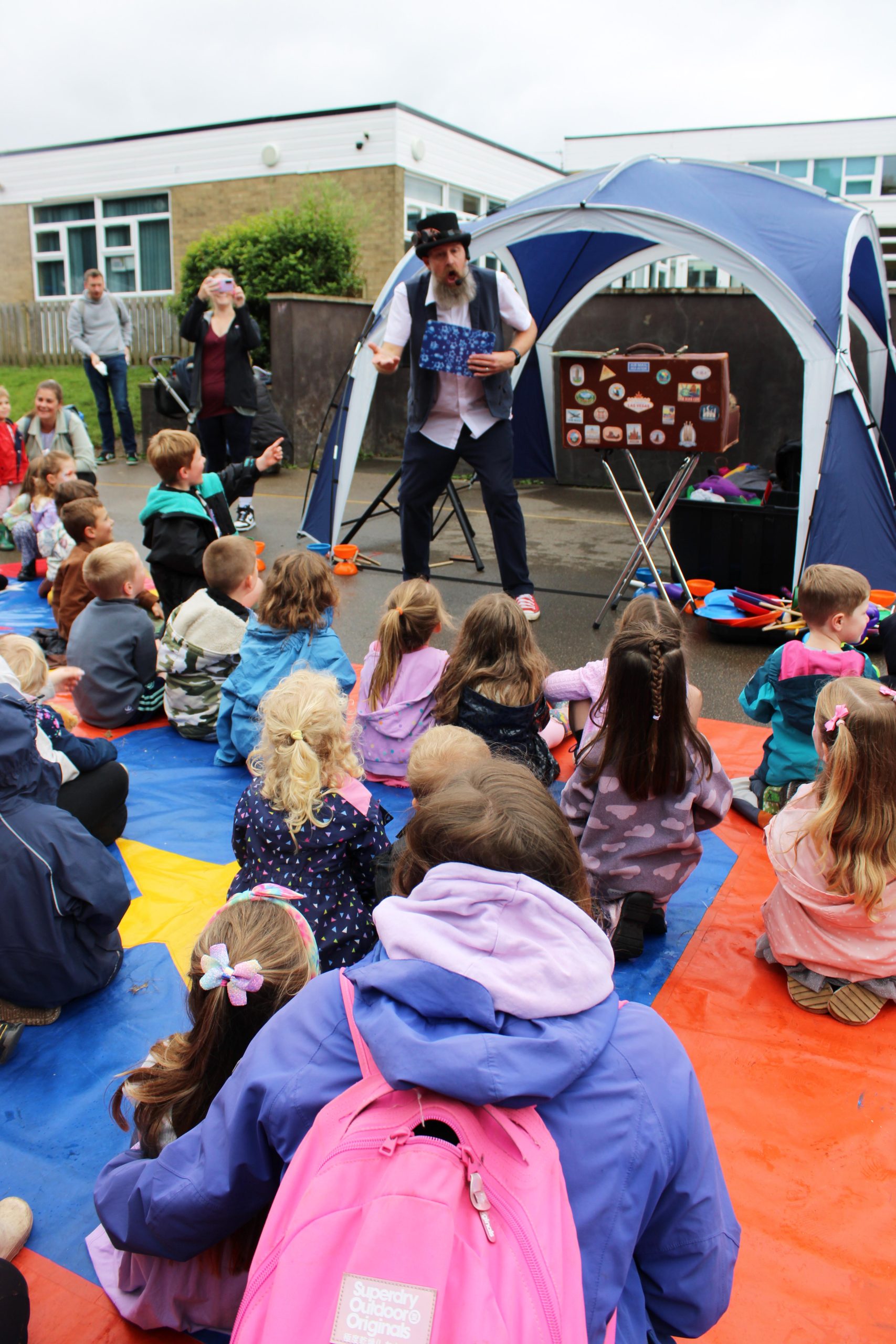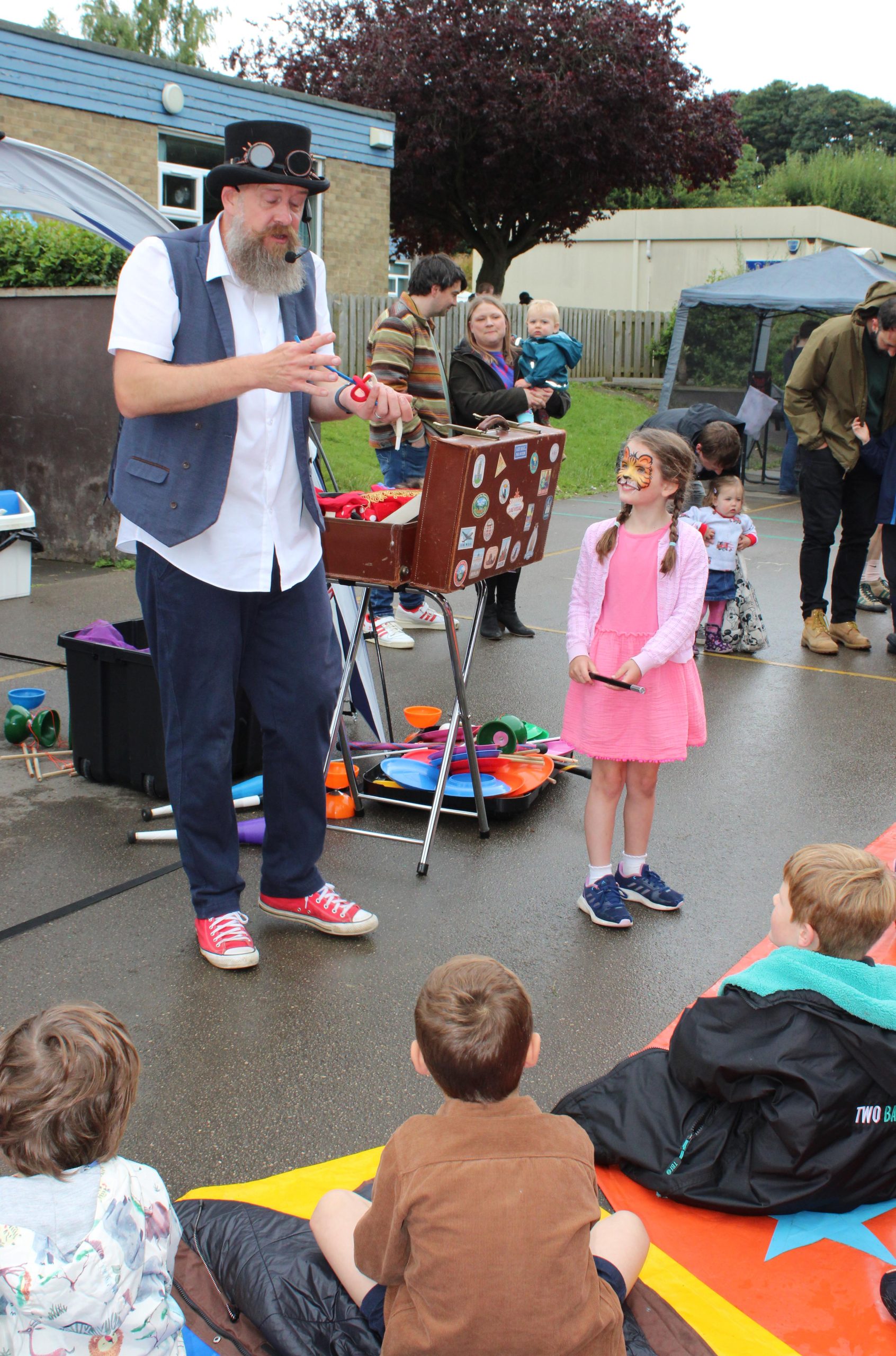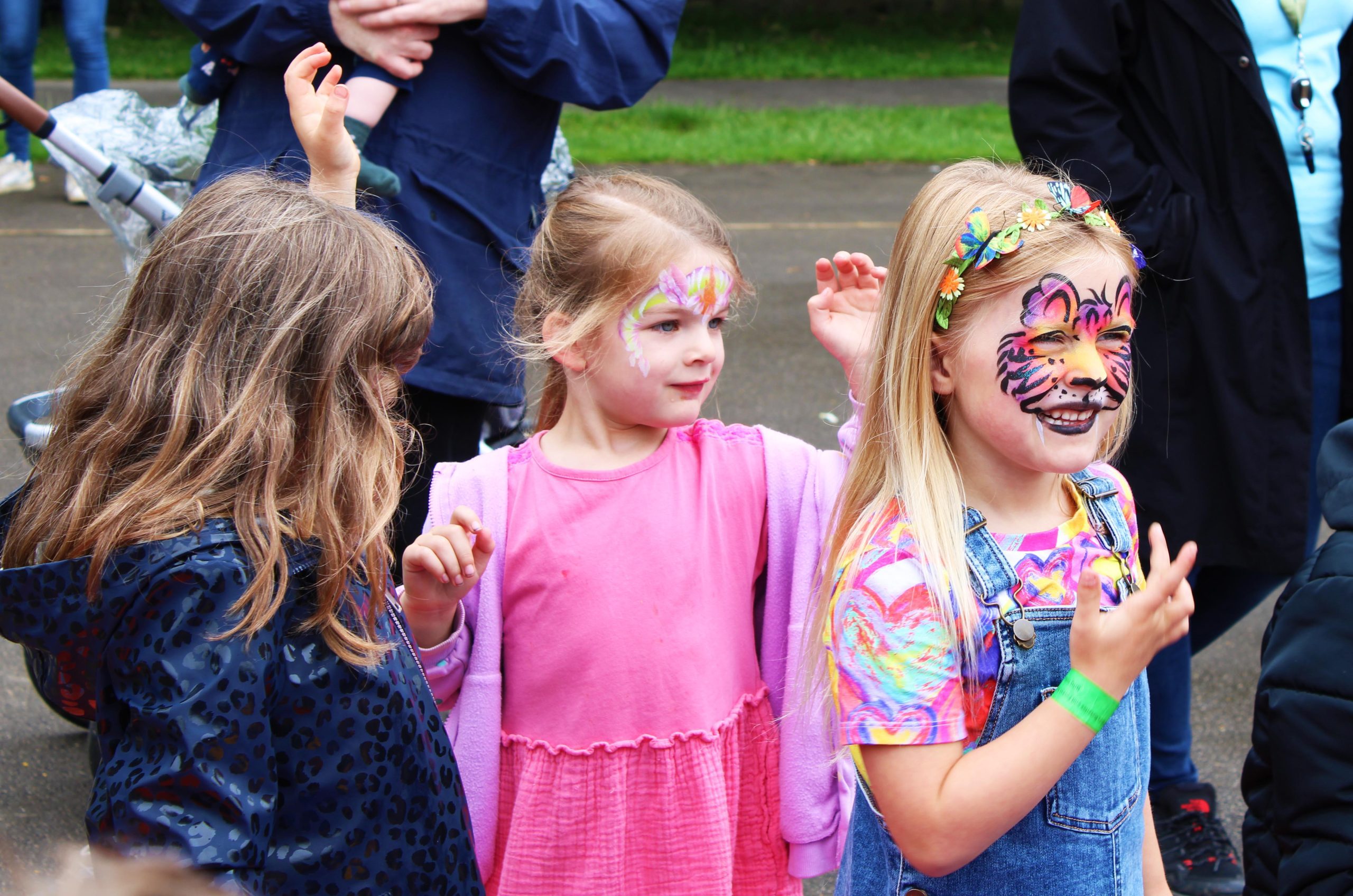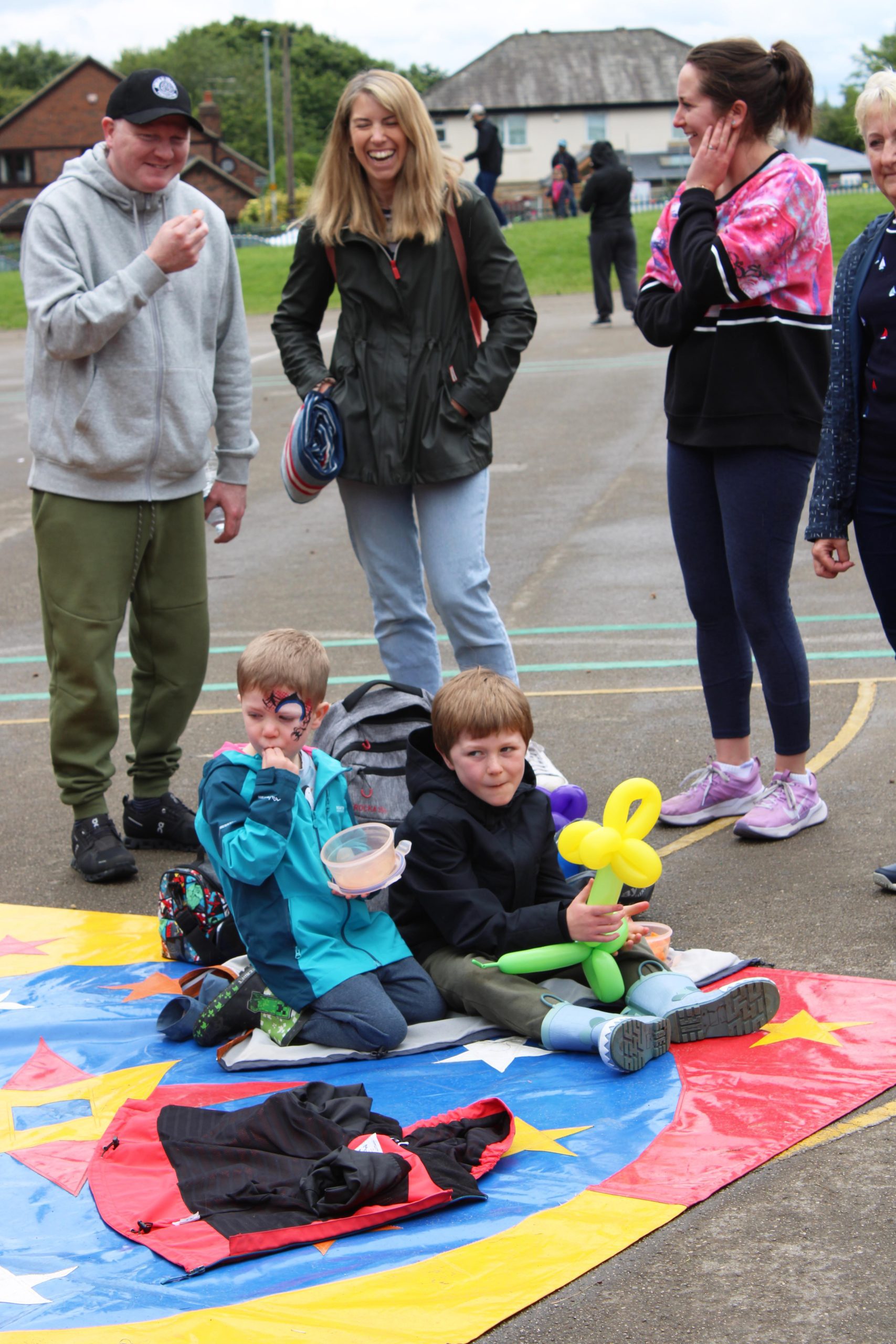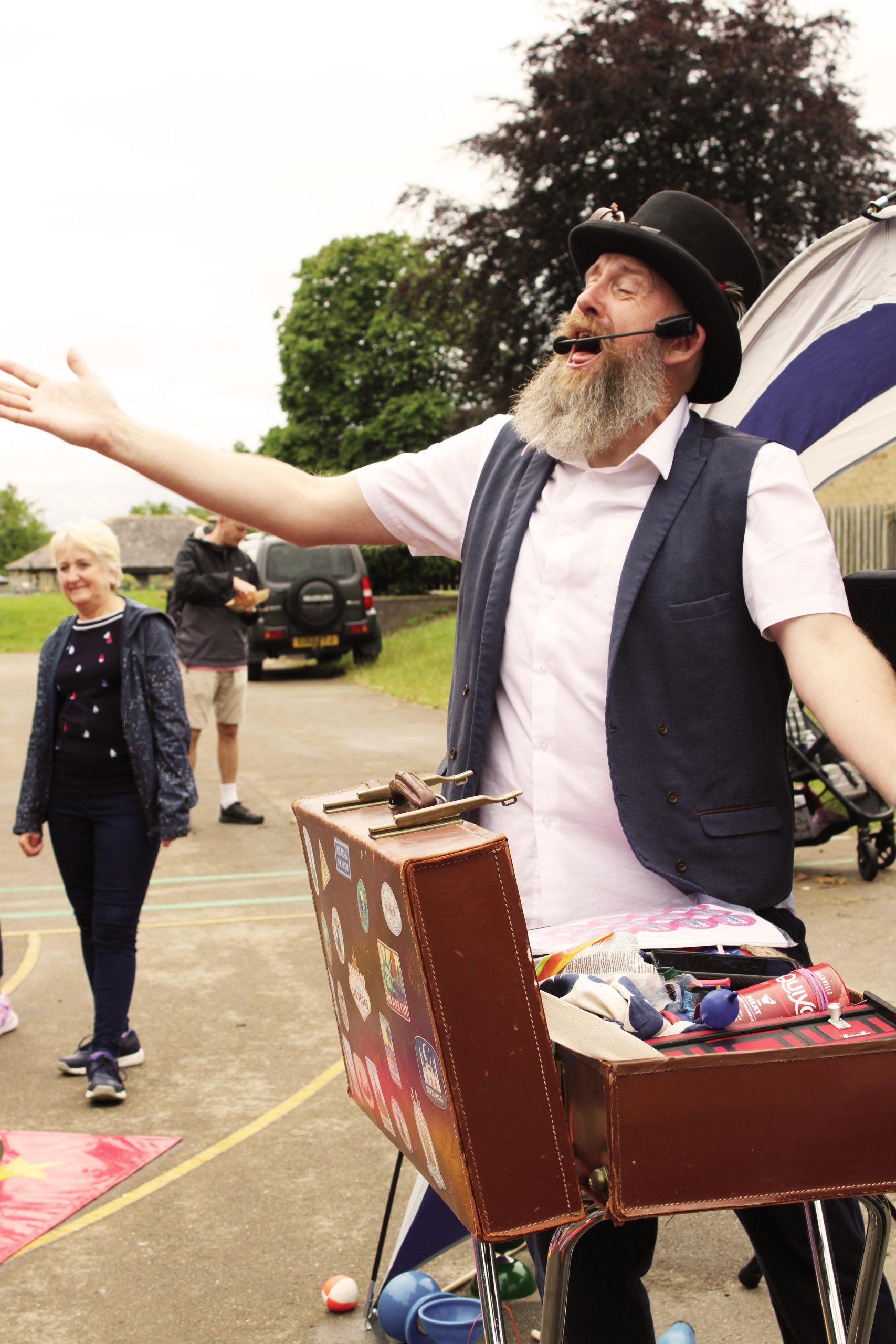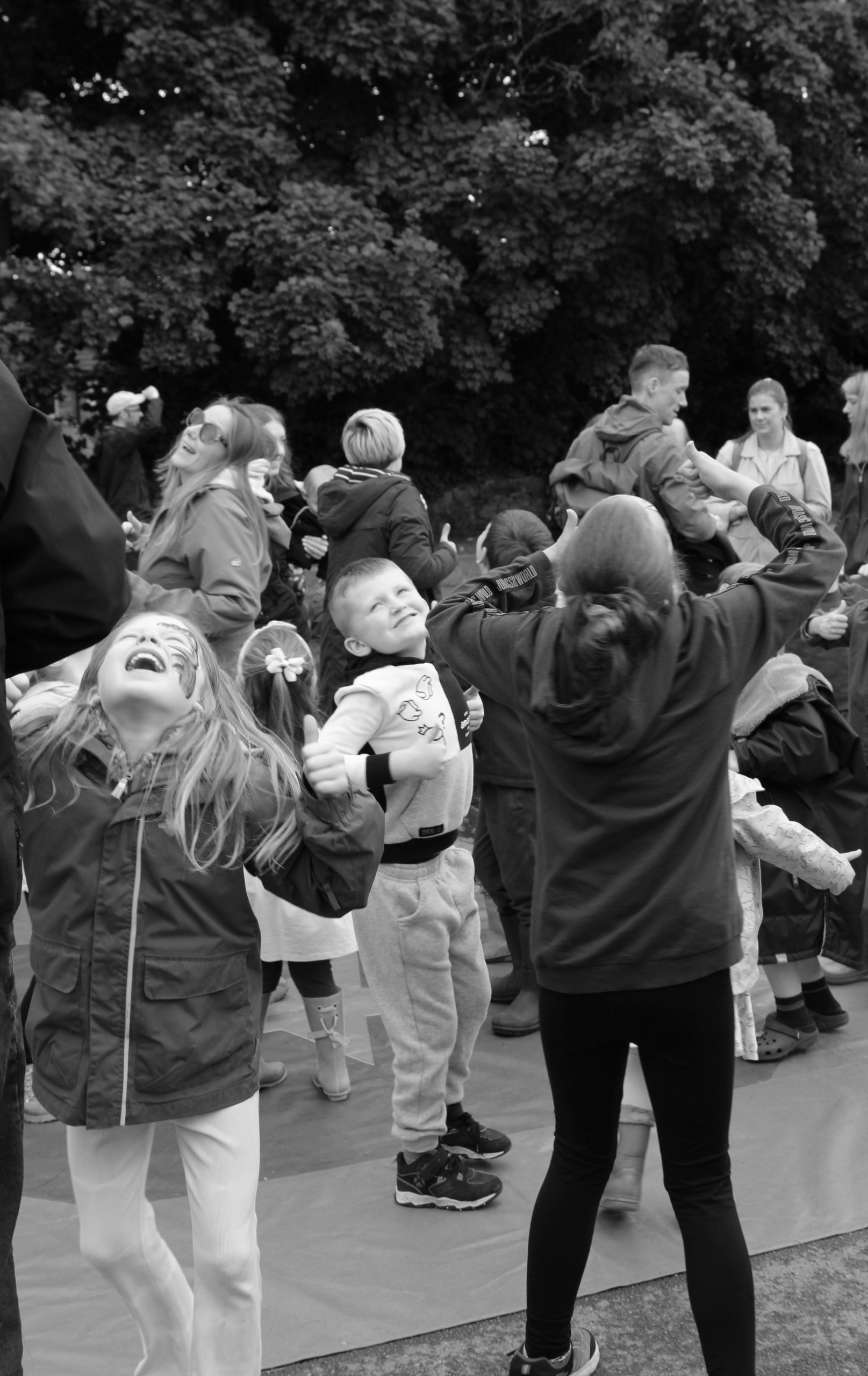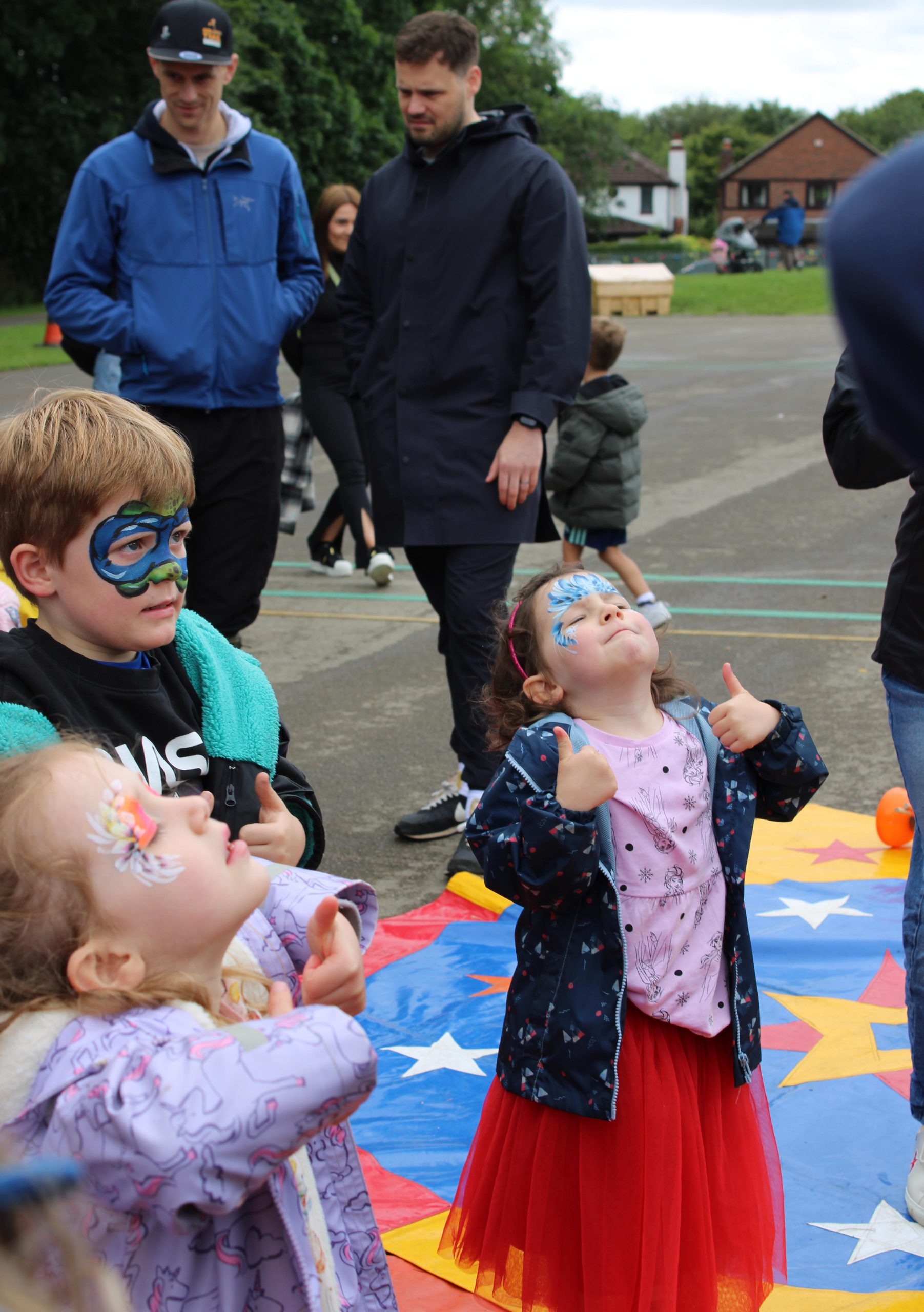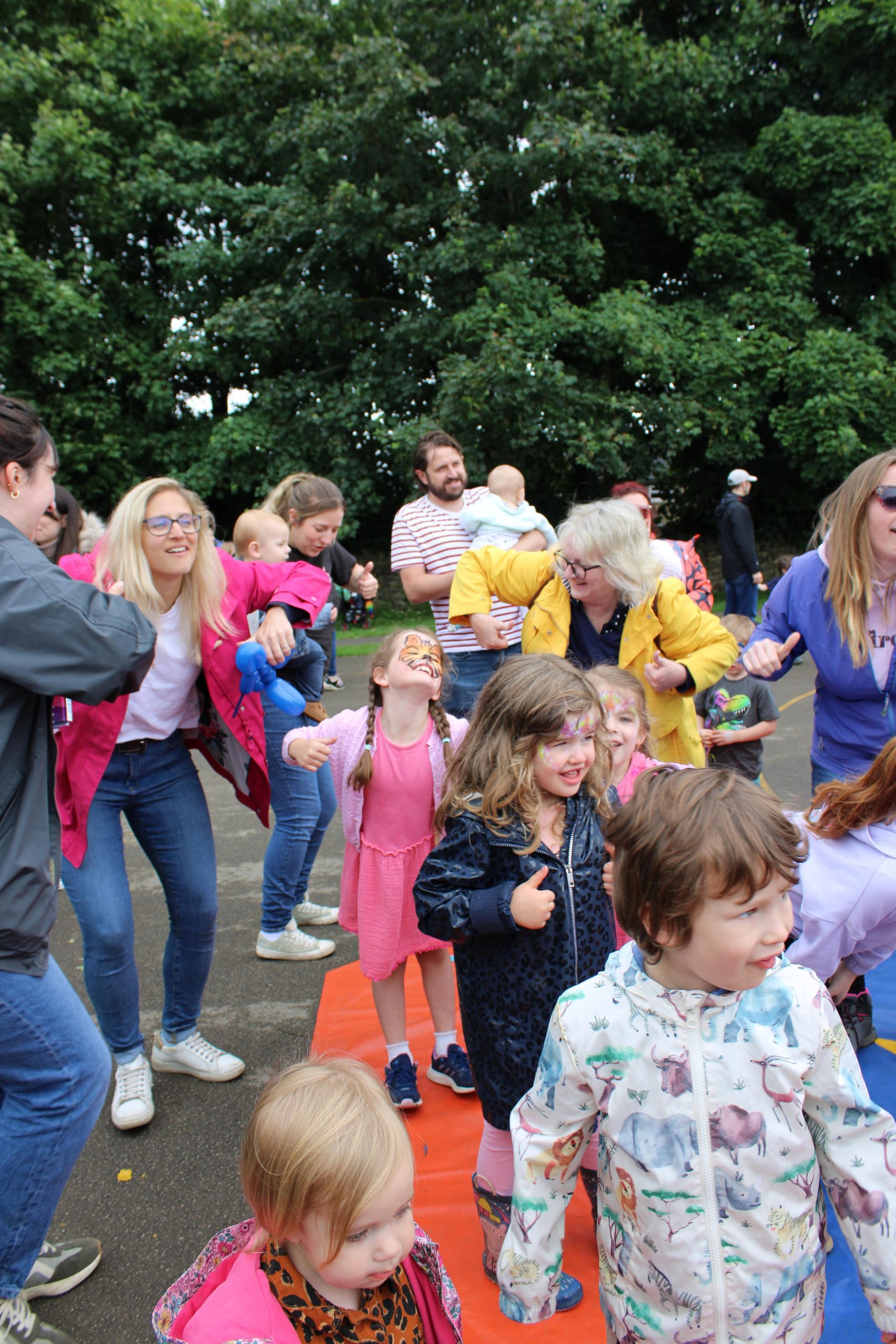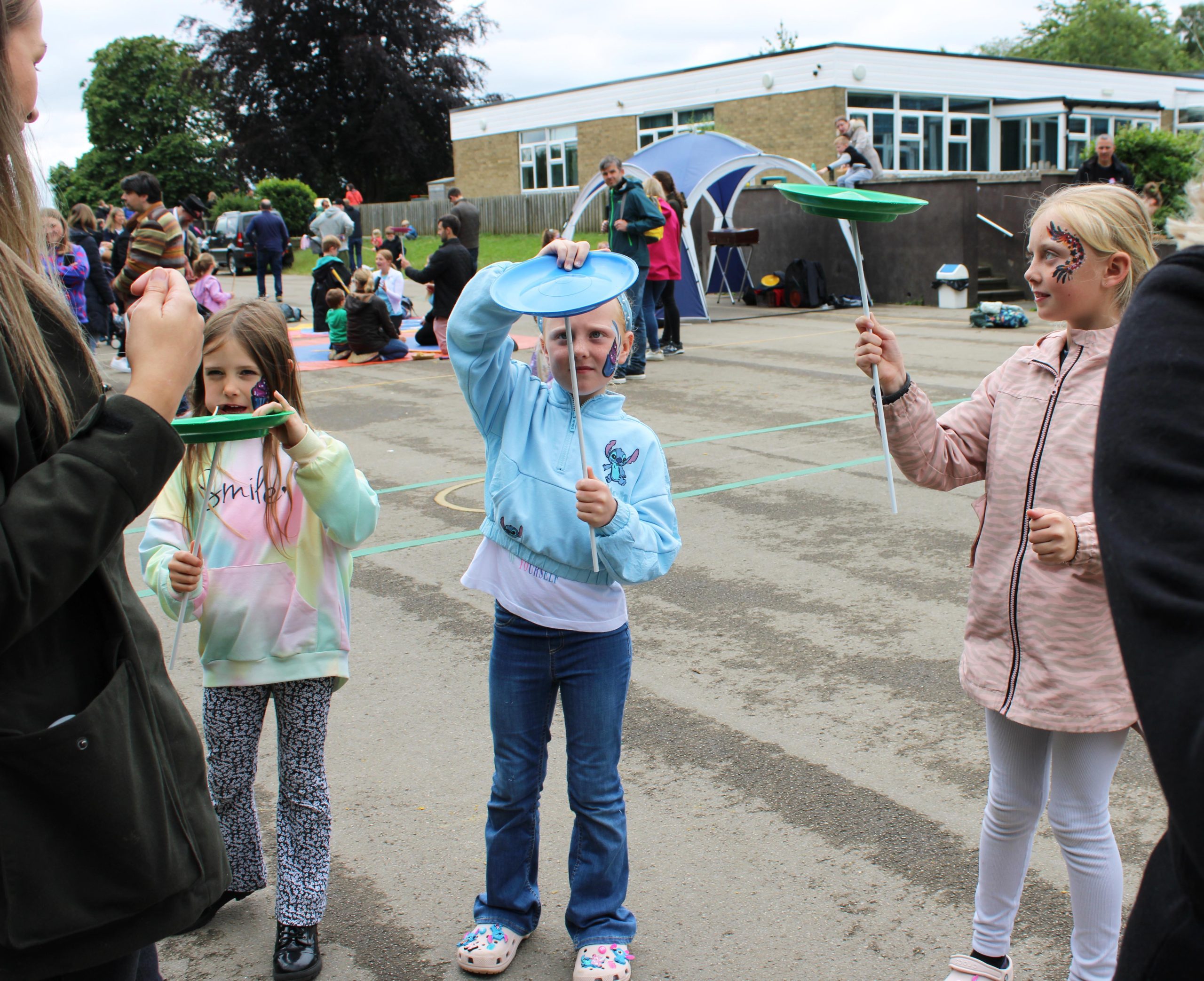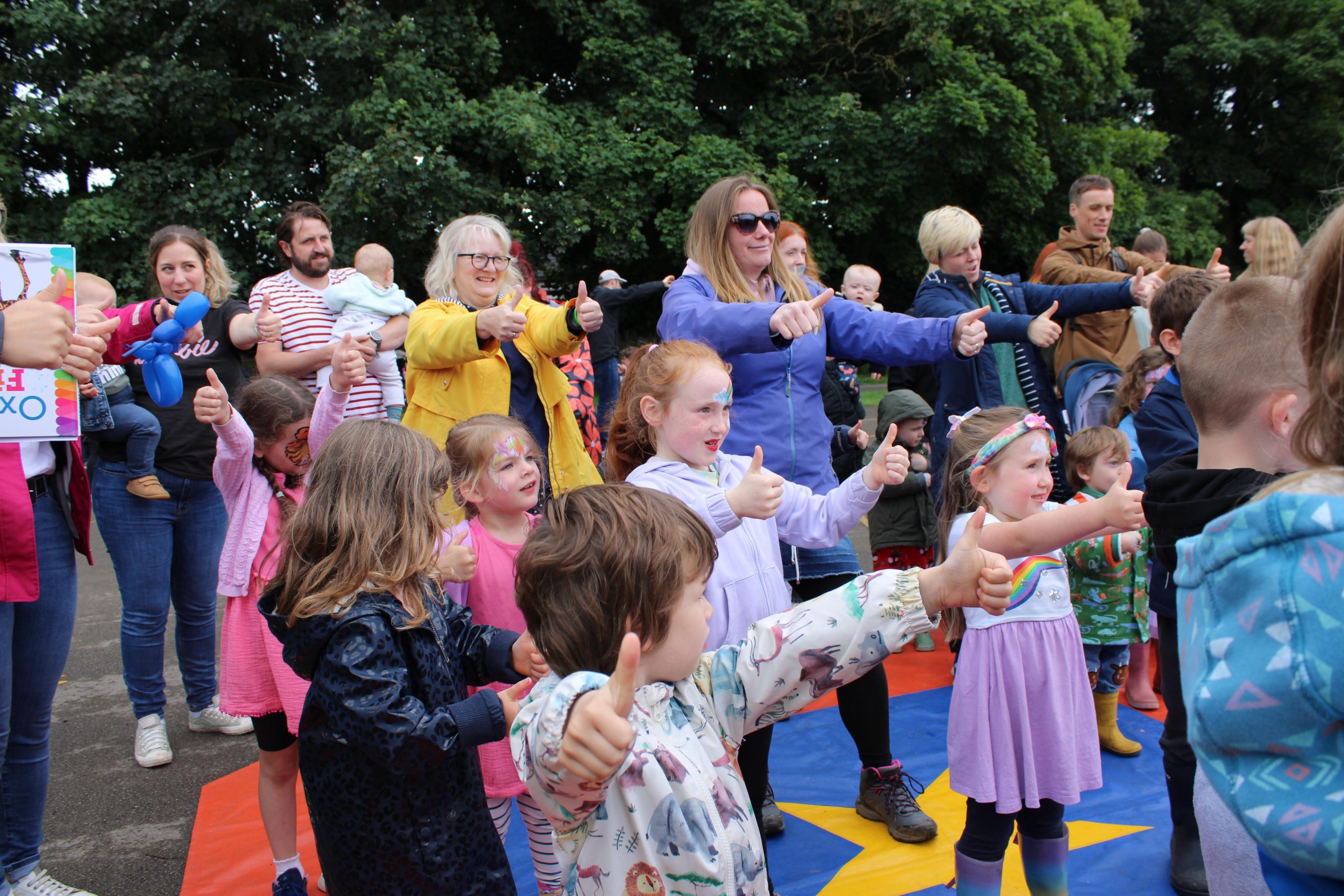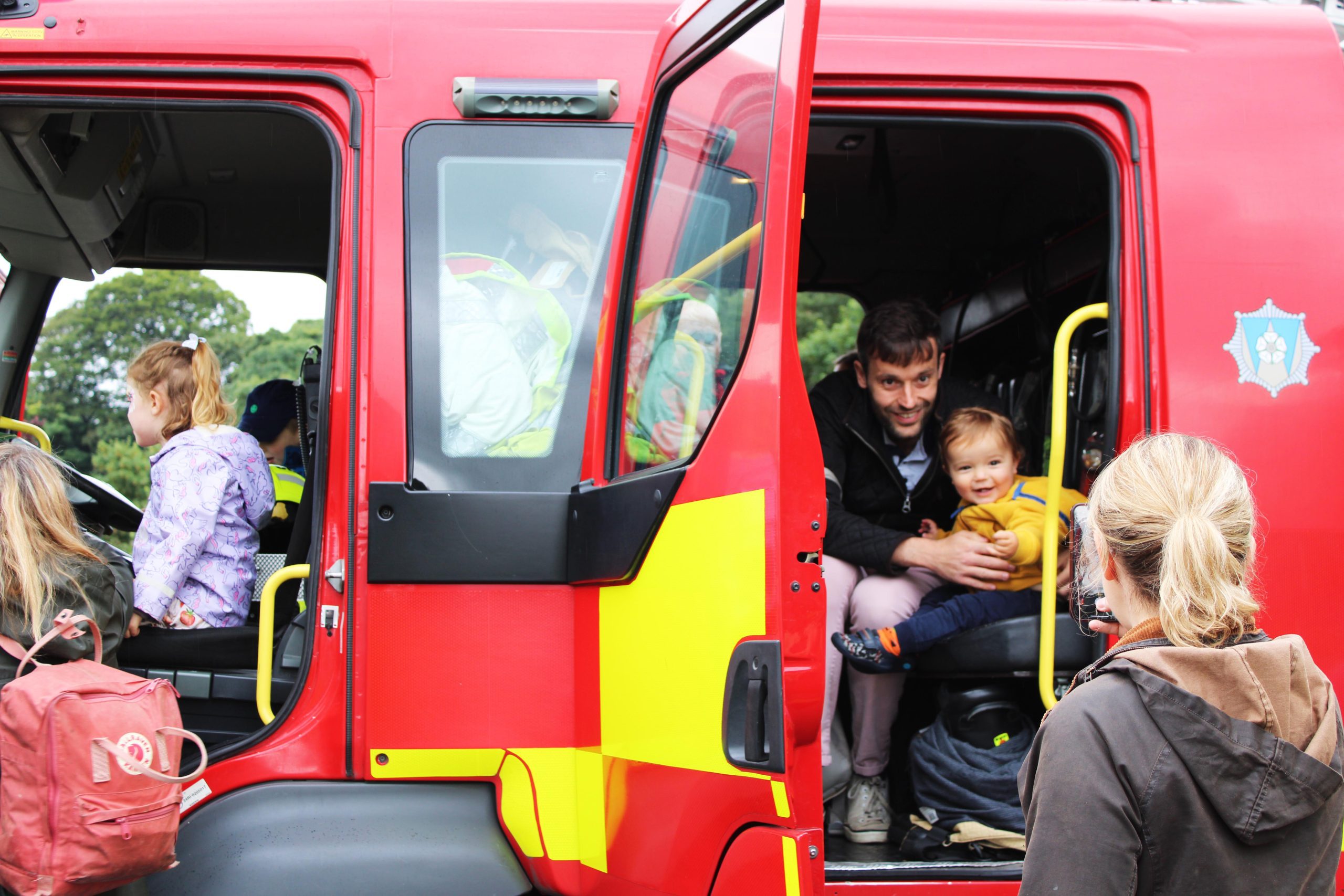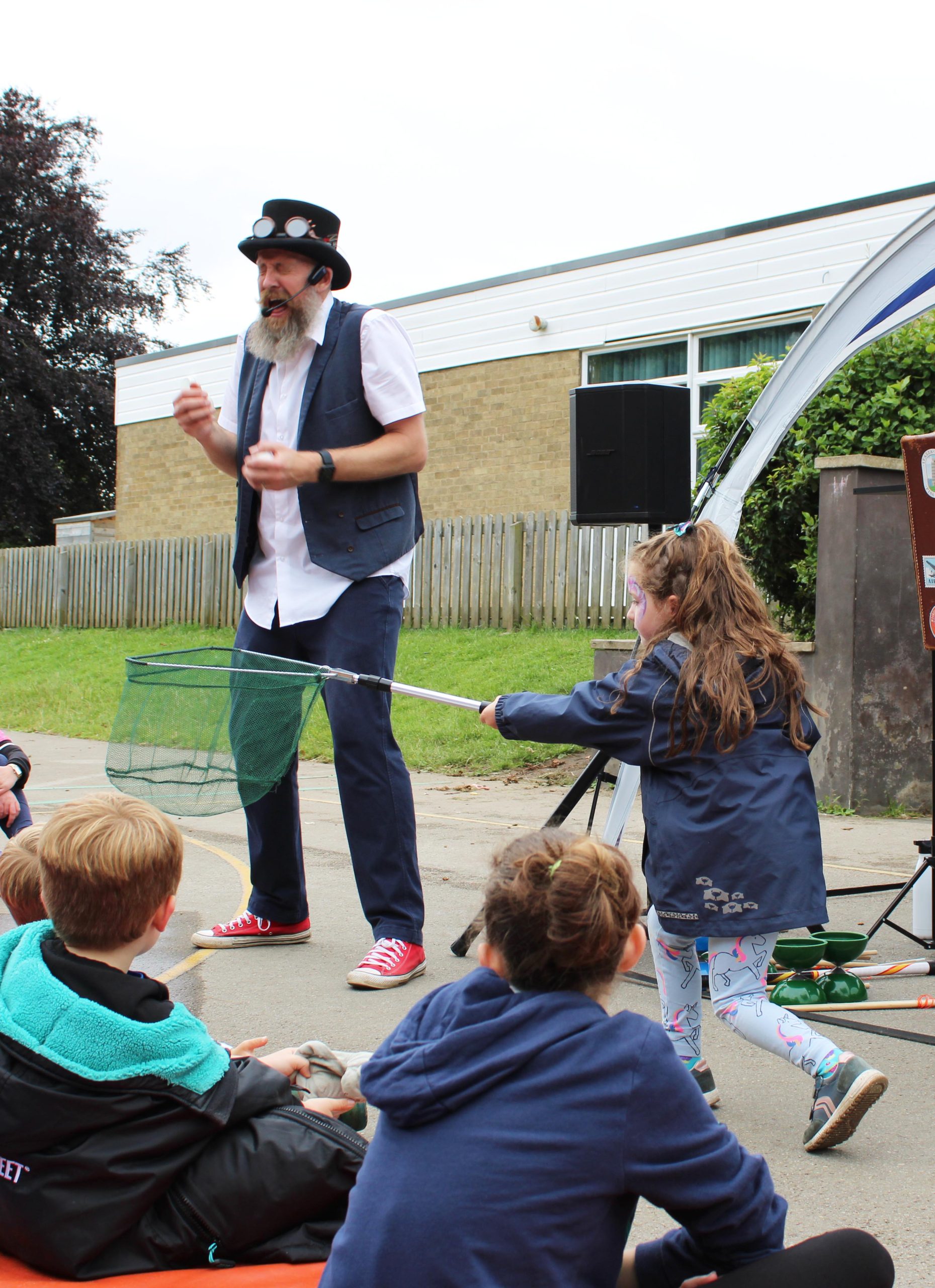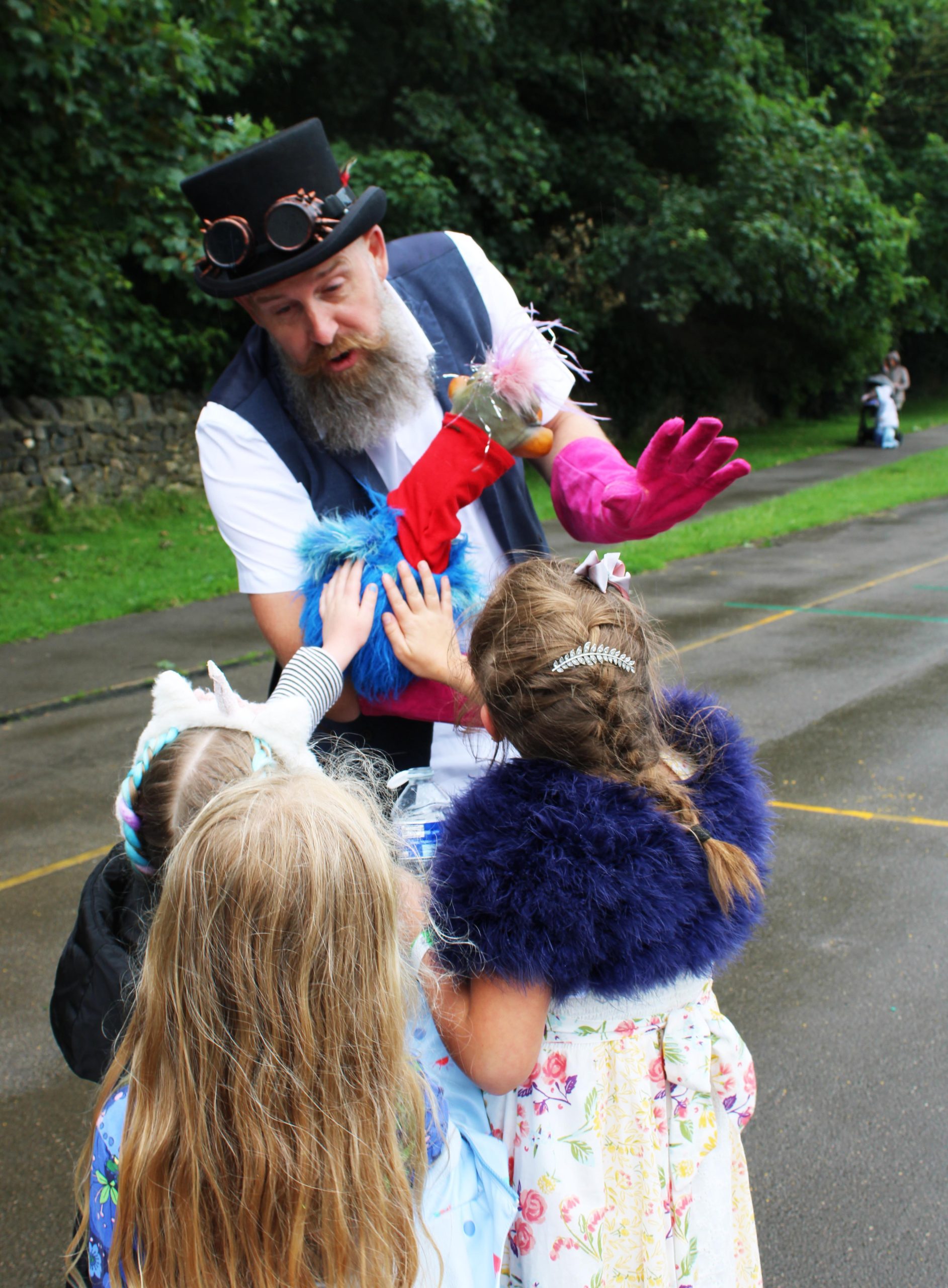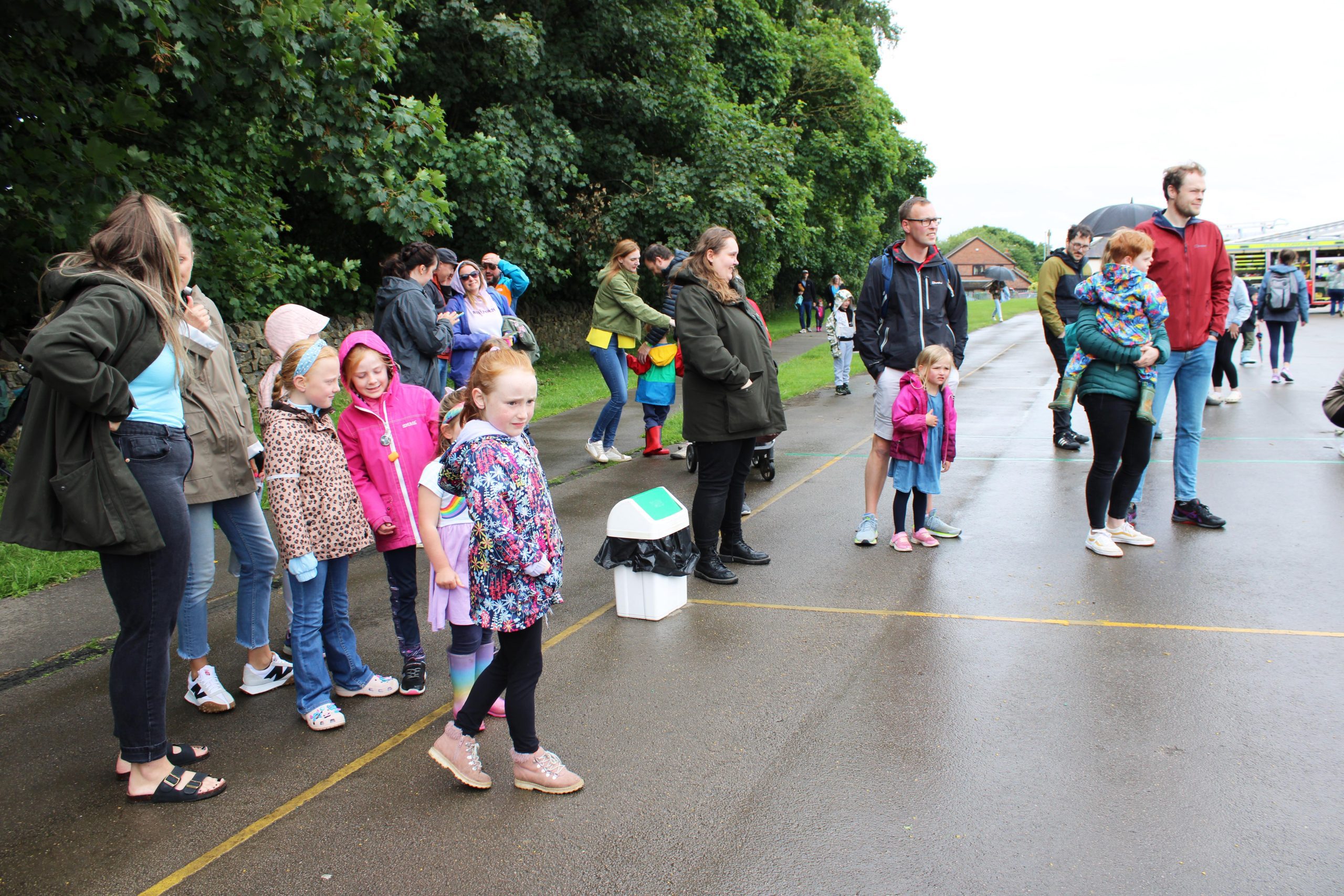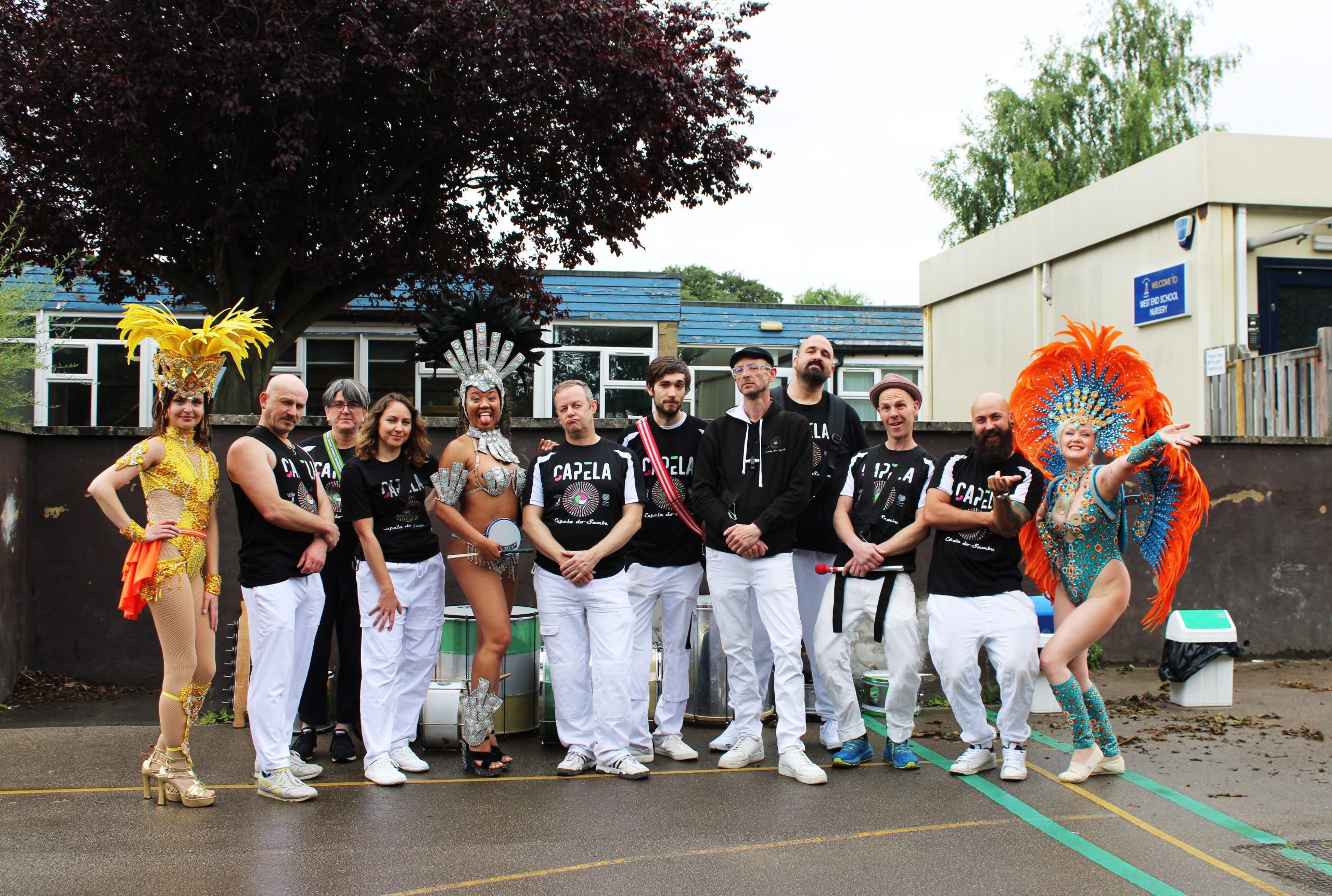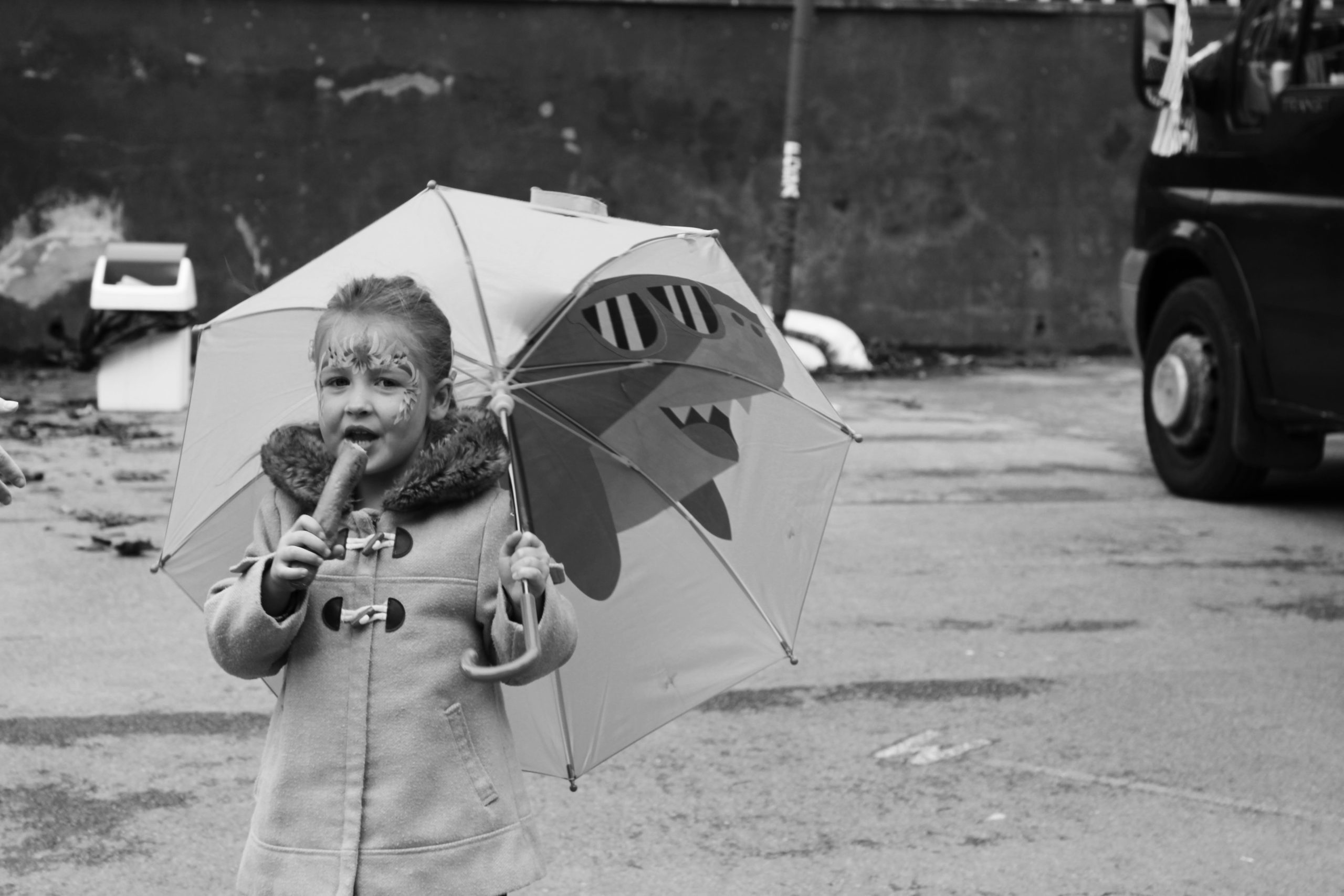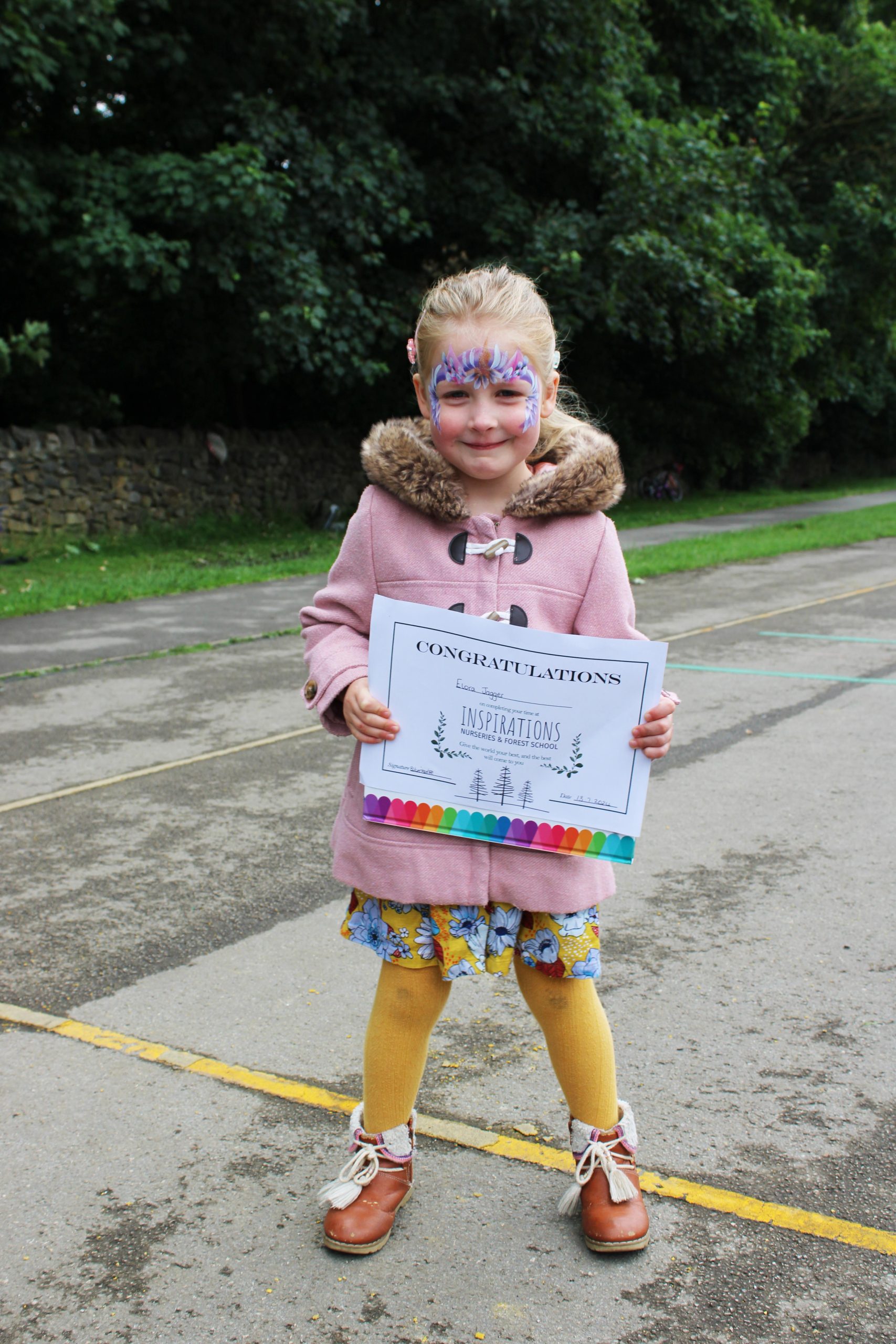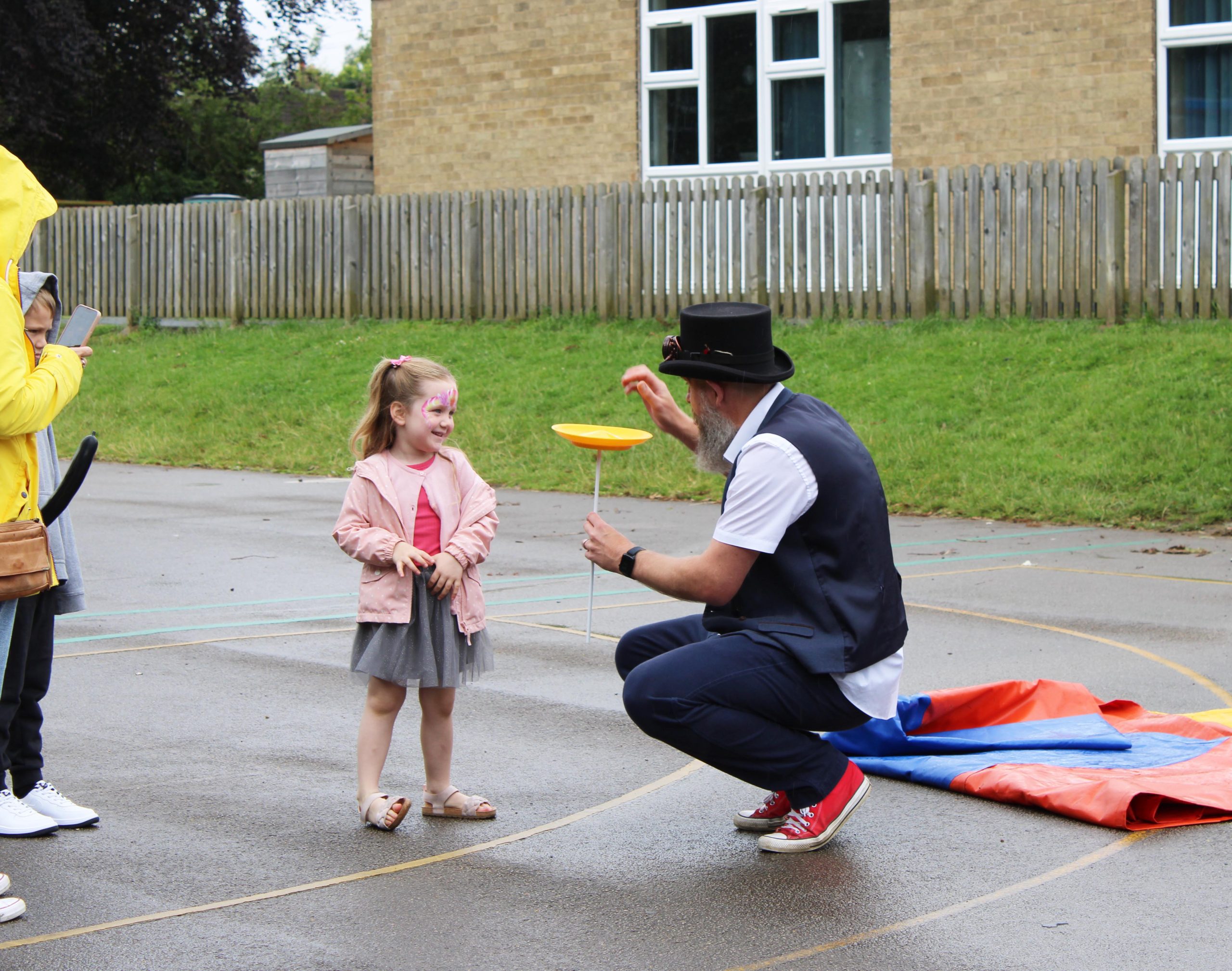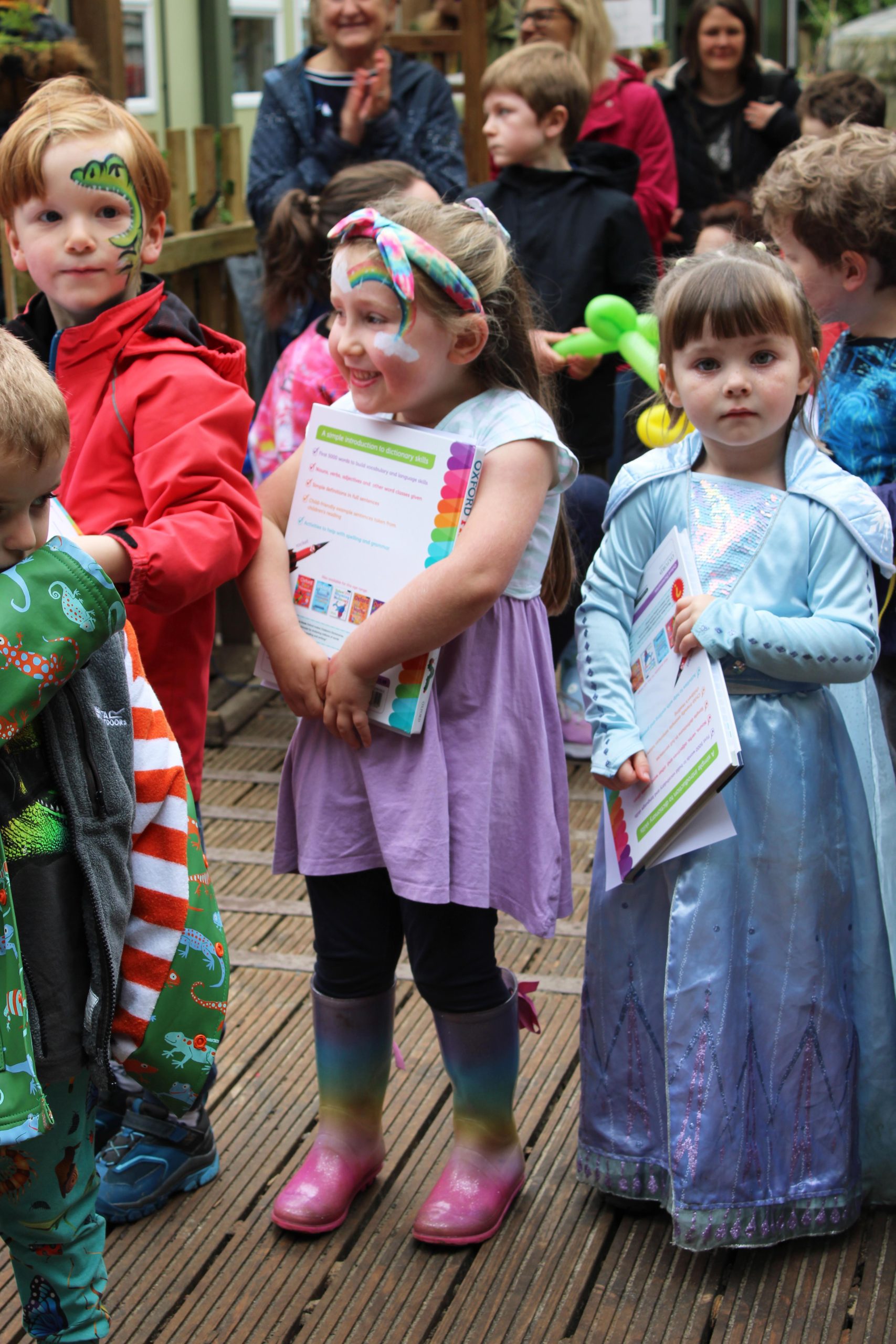Toilet Training
Toilet training is an important milestone for both parents and children. This subject has been in the news a lot lately regarding late training of children and the difficulties this entails. At Inspirations we often support parents to potty train their children, working together and communicating throughout. Before your child reaches three years old, they may be developmentally ready for the transition to using the toilet. However, every child is different, and patience is key. Here are some practical tips to make toilet training a smoother experience for both you and your preschooler.

1. Recognise the Signs of Readiness:
- Staying dry for longer periods
- Expressing discomfort with dirty diapers
- Showing interest in using the toilet
- Being able to follow simple instructions
- Communicating when they need to go
2. Create a Positive Environment
Make the toilet-training experience positive and stress-free. Use encouraging words, go shopping and let your child choose their own fun underwear and potty or toilet seat, avoid pressure or punishment. A relaxed positive approach will help prevent resistance.
3. Establish a Routine
Consistency is crucial and the more consistent the quicker the process. Begin to use the pants they chose and only keep nappies for bedtime. Once in pants stay in pants. Avoid pull- ups as they are too similar to nappies, without feeling the discomfort, children will not feel the need to use the toilet. Take your child to the toilet at regular intervals, every one to two hours to build a habit and other times such as after meals or before bedtime. It is easy to forget but this does make a big difference. Celebrate any successes and don’t become complacent after wards, continue regularly sitting them on the potty.
4. Use Training Tools
Consider using training aids like:
- A child-friendly potty chair
- A toilet seat reducer
- Books and videos about potty training
- A reward system (stickers, praise, or small treats)
5. Encourage and Celebrate Success
Every small step is progress. Celebrate your child’s successes, even if they are minor, to build their confidence. Positive reinforcement can make a huge difference. If they see your joy after any small attempt, they will be more likely to want to do it again.
6. Be Prepared for Accidents
Accidents will happen—it’s part of the process. Keep extra clothes handy and clean up without frustration. Reassure your child that accidents are okay and that they will improve with time. Staling a few minutes to change them into nice dry clothes gives time for the child
to feel the discomfort, rather than rushing to get them out of them. Don’t give up and think they are not ready, they are just learning.
7. Teach Good Hygiene
Instil proper hygiene habits by teaching your child to:
- Wipe properly (front to back for girls)
- Flush the toilet
- Wash their hands with soap and water
Toilet training a child requires patience, encouragement, and consistency. By creating a supportive and positive environment, you can help your child successfully transition to using the toilet. Remember, setbacks are normal—stay positive, and soon your little one will be
nappy-free!
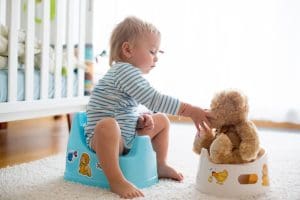
The Advantages of Apprentices in Early Years
A Success Story from Inspirations Nurseries
In the world of early years education, the value of apprentices cannot be overstated. At Inspirations Nurseries, we have witnessed first hand the incredible impact that apprentices bring to our team and the children we serve. One shining example is our manager Kayleigh, who started her journey with us at the young age of 17 as an apprentice. Today, she not only manages our nursery but also serves as our Special Education Needs Coordinator and Behaviour Management Coordinator. Her story exemplifies the profound advantages of
apprentices in early years settings.
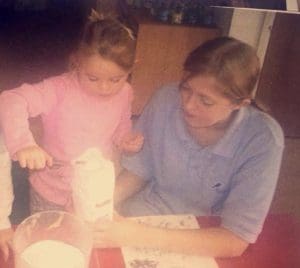
Kayleigh’s journey illustrates how apprentices gain invaluable skills through hands-on experience in the workplace. During her apprenticeship, she learned essential competencies that are crucial for working with young children, such as communication, empathy, and behaviour management. These skills are not just theoretical; they are developed through daily interactions with children, parents, and colleagues. As a result, apprentices like Kayleigh become well-rounded professionals who are equipped to handle the challenges of
early childhood education.
Pathways to Further Education and Diverse Careers
One of the most rewarding aspects of our apprenticeship program is witnessing our apprentices pursue higher education and explore various career paths. After completing her apprenticeship, Kayleigh went on to earn her degree, paving the way for a fulfilling career in
early years education and beyond. Many of our apprentices have similarly transitioned into higher education, leading to careers in fields such as teaching. This versatility not only benefits the individual but also enriches our community by producing skilled professionals
across various sectors.
Building Strong Relationships with Children
Apprentices often bring a unique energy and enthusiasm to the workplace that resonates with young children. Their approachable demeanour creates a nurturing environment where children feel comfortable and valued. The relationships that apprentices build with the
children are often characterized by trust and affection, which can significantly enhance the learning experience. Children adore their apprentices, and this bond fosters a positive atmosphere conducive to growth and development.
Fresh Perspectives and Innovation
Apprentices can introduce fresh ideas and perspectives into the early years setting. They often come with a willingness to learn and adapt, which can lead to innovative practices that benefit both children and staff. Their enthusiasm can inspire seasoned educators to rethink
their approaches and embrace new methodologies, ultimately enhancing the quality of education provided.
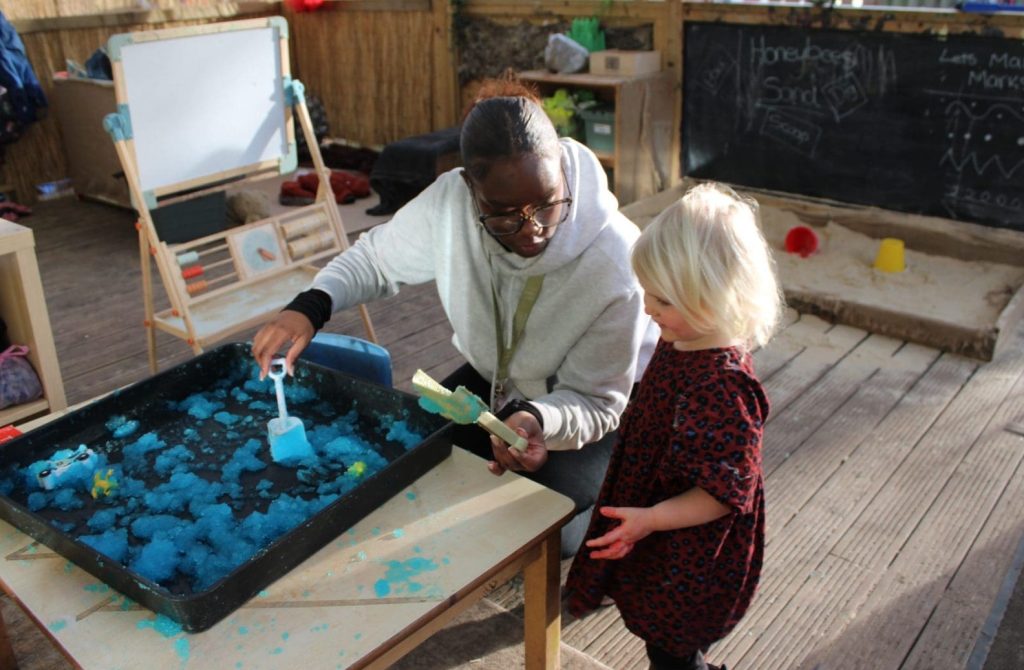
A Sustainable Workforce for the Future
Investing in apprentices is not just about immediate benefits; it also contributes to the sustainability of the early years workforce. By nurturing new talent, we are securing the future of quality education for our children. Apprentices who grow within our organization often become passionate advocates for early years education, ensuring that the next generation of educators is both skilled and dedicated.
The success stories of apprentices like Kayleigh at Inspirations Nurseries highlight the myriad advantages they bring to early years education. From gaining practical skills and pursuing higher education to building meaningful relationships with children, apprentices are
invaluable assets to our workforce. As we continue to invest in their development, we not only enrich the lives of the children we serve but also foster a vibrant community of passionate professionals dedicated to making a difference in the world of early years
education. Embracing apprentices is not just a strategy; it's a commitment to nurturing the future of our children and our profession.
-Tara
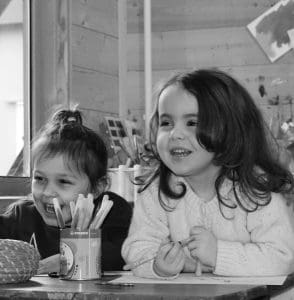
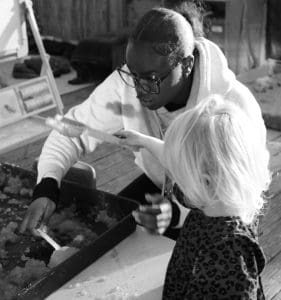
Such Little Time, Snow Much to Do!
Happy New Year to you all, we welcome you all back to a very cold start to an exciting new year full of potential, growth, and discovery. (Please do be careful on the school path when walking down to nursery!)
We look forward to the year ahead, and everything it brings. 2025 is the year some of your little ones start school, or perhaps it means some of the little ones moving up a room, or even joining us for the first time.

Have you spotted your first snowdrop yet? Keep your eyes peeled for the first ones starting to emerge around nursery. This amazing little flower has the power the push up through the snow, with its hard tipped leaves and its antifreeze proteins.
As a Forest School with an outside all year round moto we embrace all weathers, so let's see how we can incorporate this blanket of white into our children's play at nursery or at home.
Snow Play Ideas
- Snow 'Mud' Kitchen- pots, pans, mashers, cones for ice cream play
- Footprints in the snow- Guess which shoe print belongs to who
- Snow Painting- Use non toxic watercolours to add colour to the ground
- Create a Snow Volcano
- Snow mark making and digging, with sticks, cookie cutters etc
- Small World Area- Polar Animals
- Nature Walks
- Visit the local playground, does it look different in the snow
- Sledgeing with baby dolls
- Snow construction- Make Snow bricks to build a house
- Snow castles
- Snow Balls to see how many you can throw into a bucket
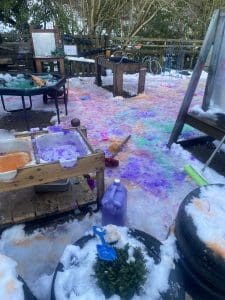
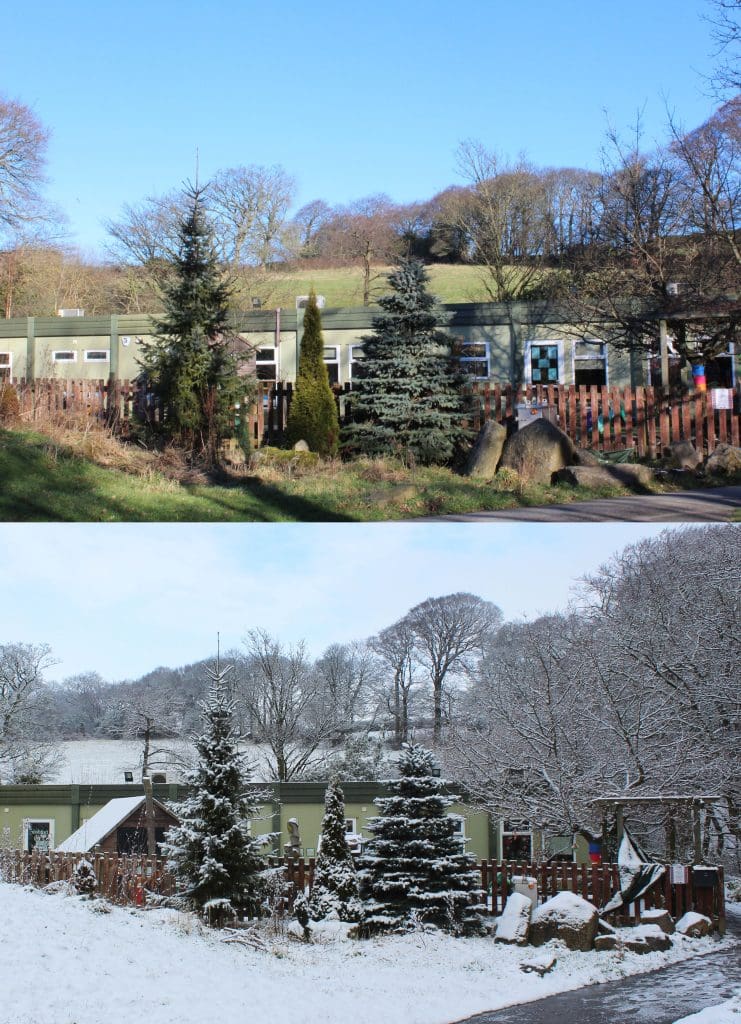
We Wish You A Merry (Eco) Christmas
First of all we want to thank you all for coming to our Inspirations Christmas party at the Grove. It was a wonderful reminder of the community we have built from Inspirations, and of course some of the outfits were spectacular. We donated all the leftover trays of prepared food to an event that evening for the homeless, organised by Hidden Homeless. 
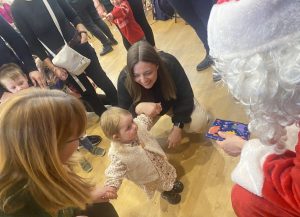
But it’s not just the season for socialising, it's also the season for relaxing, indulging and spending time with loved ones.
In this weeks blog we want to share some tips on how to help look after the planet this Christmas.
Wrapping
Use brown paper to wrap your gifts, and always avoid shiny paper that can't be recycled. Why not use fabric that can be used again and again. Say No to plastic sellotape; order your recyclyable tape here https://www.peacewiththewild.co.uk/product/biodegradable-paper-tape/?gad_source=1&gclid=CjwKCAiA6t-6BhA3EiwAltRFGJPUpmAoUNiSHCZqyHxak4z3kLAFV2jFf3Af5xF3bbc8LkJtdKo7bhoCbe8QAvD_BwE

Gifting
Remember quality not quantity. Shop Local, shop Facebook Market Place, re-gift or even have a go making some gifts yourself. This year I have made a little dolls house inside a small vintage suitcase.
Eat Responsibly
Why not sign up to get a local veg box available at Meanwood Valley Urban Farm or Sutcliffe's Farsley. Save your leftovers, add some wax cloth cover to your christmas list.
Did you know poultry is in the top 10 most wasted foods in the UK and 100,000 tonnes of it ends up in the bin every year. The livestock industry generates 14.5% of all man-made greenhouse gas emissions. It requires huge amounts of space, water and feed. Instead, you could try a meat alternative.
Christmas Tree
Plant your Christmas tree in your garden after Christmas, you can even re use this each year. Of course if you have a fake tree that get's used year after year this is fabulous too.
Compost
Get yourself one of our Grey Compost caddies from outside our Pre-School Outdoor classroom. Fill it with cardboard, fruit and veg waste, egg shells, tea and coffee and bring it back to us to make compost.
What green act will you commit to this christmas? Let us know and we woud love to share.
Have a wonderful and happy festive period, and don't forget to get out into nature and enjoy all that we have for free.

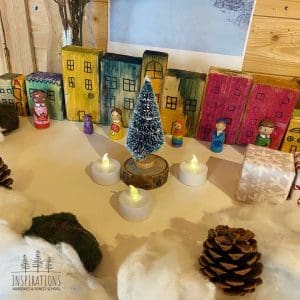
The Importance of Settling into Pre-School Part 2
Adel Inspirations
Read the first part of this blog here- https://inspirationsnurseries.co.uk/settling-into-pre-school/
So why is Pre-School so important? Following on from last weeks blog we break down the fundamentals of settling your child into our Pre-School setting, whether it in Horsforth or Adel. Settling in at preschool is much more than just an adjustment period. It is a crucial process that helps children develop emotionally, socially, and cognitively. A well-supported transition sets the stage for a child’s lifelong relationship with learning, friendships, and independence.
Focus on Prime Areas
Inspirations staff are fully aware that a child’s prime areas of learning should be a primary focus in order for children to feel secure and ready to interact. This is a critical time for communication and language development. As children settle in, they begin to interact more with teachers and peers, enhancing their vocabulary, listening skills, and ability to express ideas. The settling-in period ensures that children feel comfortable enough to ask questions, seek help, and fully participate in group discussions, all of which are crucial for their development. Settling in then allows children to open up to the rich learning experiences offered at Inspirations. As children become comfortable in their new surroundings, they become more engaged in learning activities, arts and crafts, story time and interactive play.
Strengthening Parent-Teacher Relationships
Settling in doesn’t just benefit the child—it’s also an opportunity for parents to build a strong relationship with the preschool staff. Open communication between parents and practitioners is essential to ensure that the child’s transition into preschool is as smooth as possible. During the settling-in period, staff, especially the family’s key person, often communicate regularly with parents about how the child is adjusting, any challenges they are facing, and their daily progress.
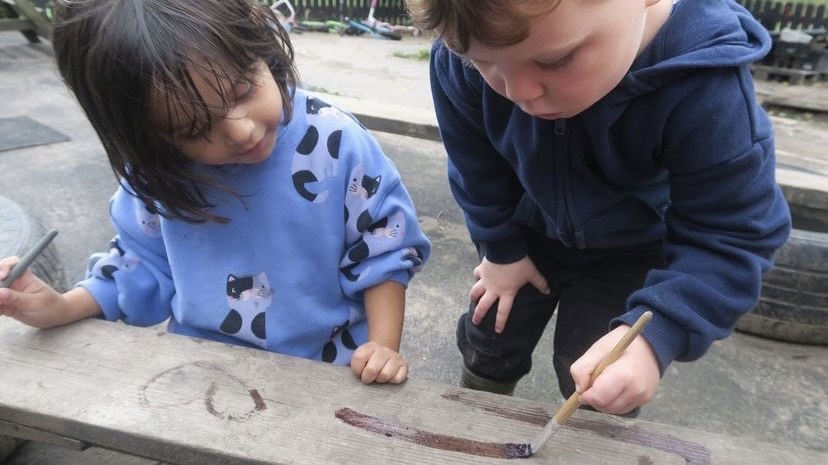
Parents can share insights about their child’s preferences, routines, or any anxieties they might have, which helps staff provide personalized support. This ongoing dialogue fosters trust and ensures that the child’s emotional, social, and academic needs are being met, both at home and at preschool. At inspirations, parents are encouraged to arrange meetings or to phone anytime to discuss their children’s progress rather than just waiting for ‘parent’s consultation evenings’, our lines of communication are always open throughout the year.
Creating a Positive Attitude Toward Learning
Perhaps one of the most significant long-term benefits of settling in at preschool is that it helps create a positive attitude toward school and learning. If a child has a smooth, supportive transition into preschool, they are more likely to associate educational settings with feelings of excitement, curiosity, and joy. This positive association can spark a lifelong love for learning, which is critical for their future academic success.
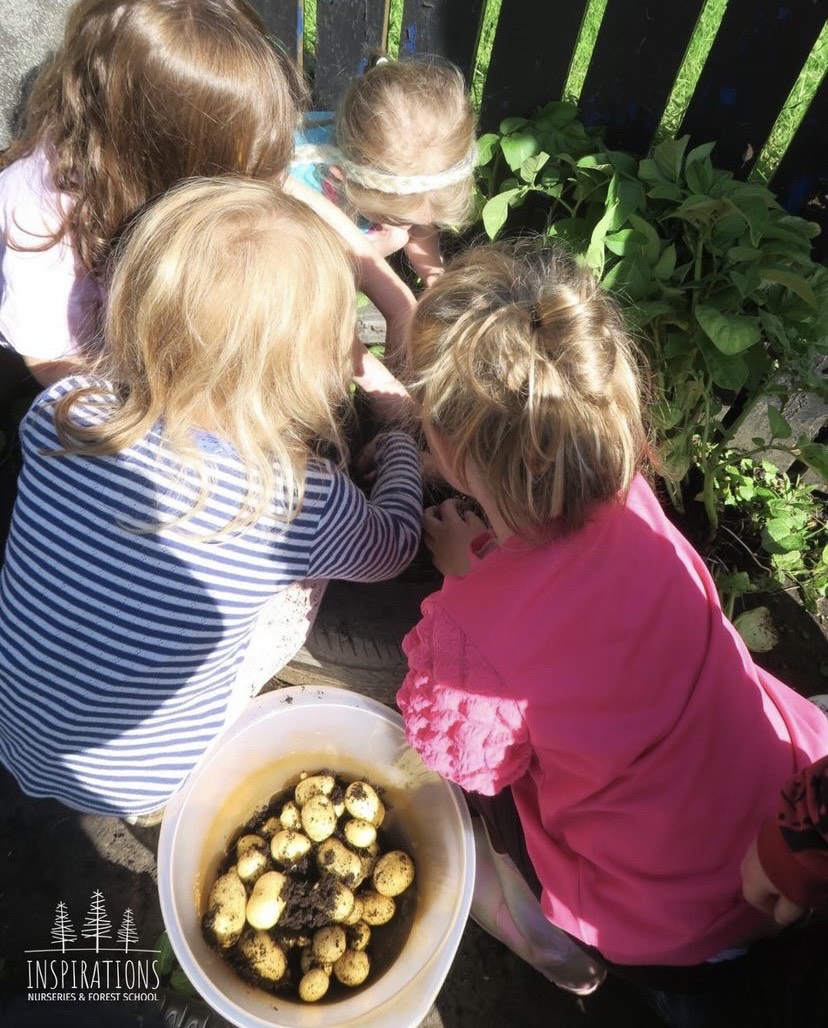
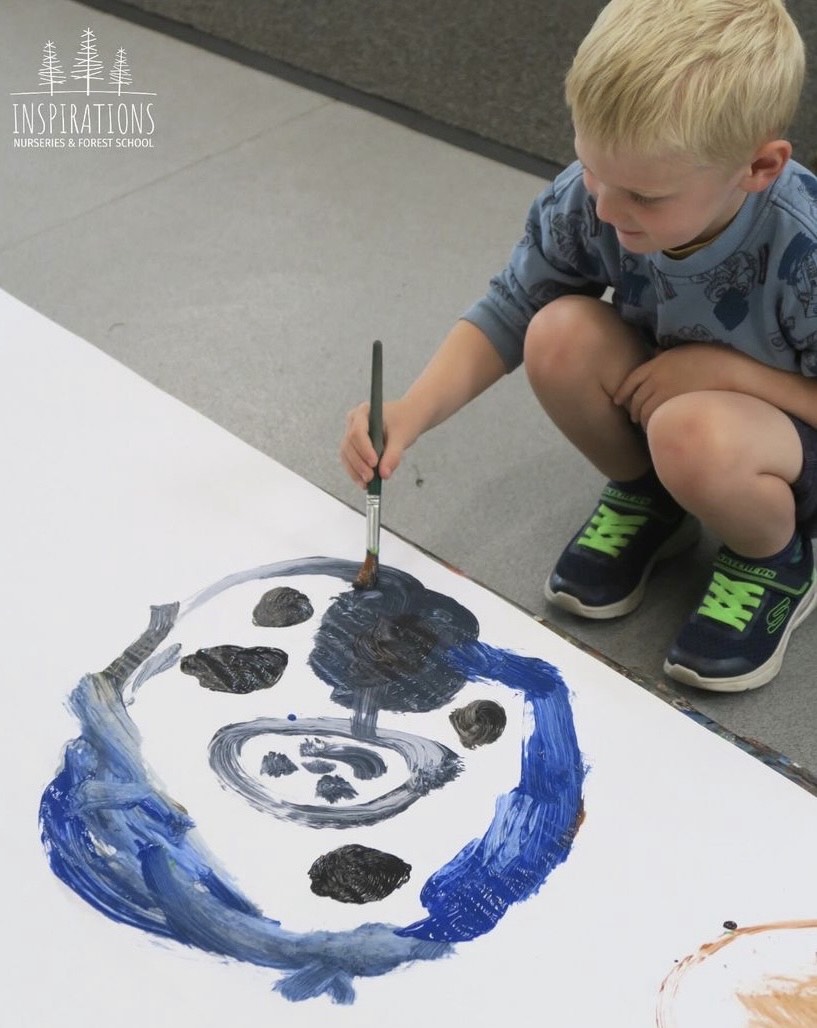
As parents, caregivers, and educators, we should recognise the importance of giving children the time, space, and support they need to settle in and feel confident in their new preschool environment. After all, this is the beginning of a journey filled with discovery, growth, and endless possibilities.
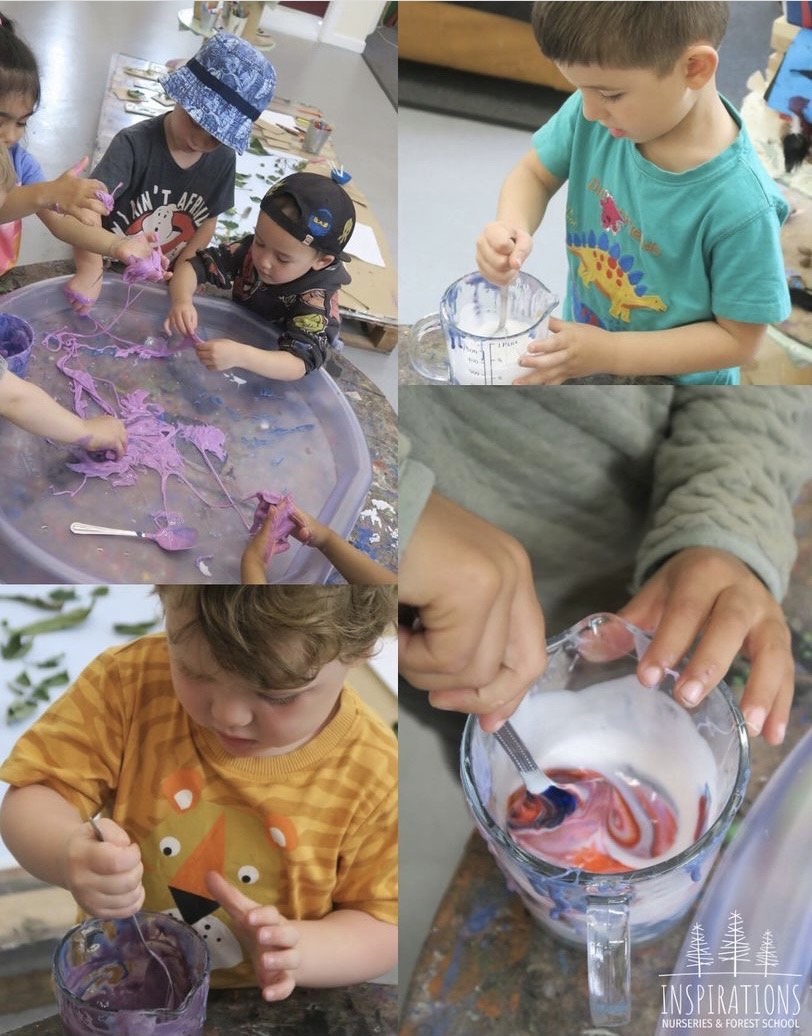 -Deborah (Adel Inspirations Nursery Manager)
-Deborah (Adel Inspirations Nursery Manager)
Adel Inspirations- The importance of Settling Into Pre-School
Part 1
Adel Inspirations
Starting preschool is a monumental milestone in every child's life. It marks the first time many children step into an environment away from their home and parents, where they begin to interact with a broader world of peers, teachers, and structured activities. This transition, while exciting, can also be overwhelming for both children and their families. This is where the process of "settling in" becomes essential. It isn't just about helping children feel comfortable in a new environment—it lays the groundwork for their emotional, social, and cognitive development.
Why settling into preschool is so important.
Building Emotional Security
One of the most immediate benefits of helping children settle into preschool is promoting emotional security. Young children thrive when they feel safe, supported, and nurtured. At home, they rely on their parents or caregivers to provide this sense of security, but at preschool, they need to develop trust in their new environment and the adults who care for them. At Inspirations each family will have a key person who will spend more time supporting and tracking their child’s progress.
A well-planned settling-in period allows children to gradually adapt to their surroundings, helping to ease separation anxiety. Inspirations practitioners and parents work together to ensure the child understands that preschool is a safe place where their needs will be met. This foundation of emotional security is crucial because a child who feels safe and happy is more open to exploring, learning, and forming positive relationships.
Supporting Social Development
Preschool is often a child's first experience in a group setting with peers. Settling in helps children navigate this new social environment. They learn to share, take turns, communicate, and play cooperatively with others. During the early days of preschool, children might be shy or unsure, and some may find it difficult to connect with the other children. A thoughtful settling-in period helps children gradually learn how to form friendships, recognise social cues, and resolve conflicts.
Children also learn the basics of emotional regulation through their interactions in preschool. Staff play a key role in modelling and guiding appropriate behaviour, teaching children how to express their emotions constructively, and helping them navigate challenges. As they settle in, children become more comfortable expressing their needs, feelings, and thoughts, which is crucial for their future relationships.
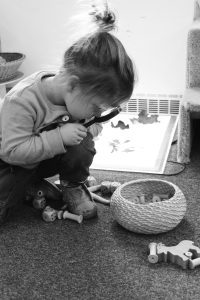
Establishing Routine and Independence
Starting preschool introduces children to routines, which help create predictability and stability. Settling in gives children time to adjust to a new daily schedule—learning when it's time for circle time, snack time, or free play. This predictability helps reduce anxiety and gives children a sense of control over their day.
Additionally, settling into preschool encourages independence. During this period, children are gently guided to take on new responsibilities, like packing their bags, using the bathroom on their own, or tidying up after activities. With time, these tasks become second nature, boosting their confidence and sense of competence.
Next week we will look at positive attitude toward learning and parent-teacher relationships.
-Deborah, Adel Inspirations
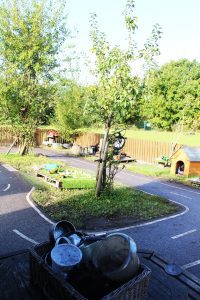
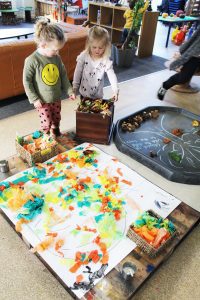
Early Years: Taking care of the future
The first 5 years are the most important for our brains and developments, starting from inside the womb. The brain almost doubles in volume in the first year and grows faster than any other time in our lives. By the time children start school, their brain has already had vast amounts of growth, laying down the blueprint to the future.
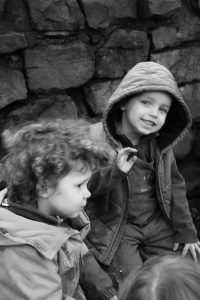
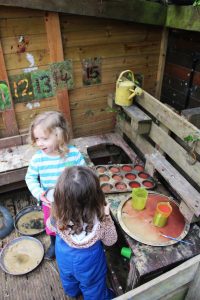
We already know the early years are crucial but this highlights just how important it is. We have a big role to play in this, and at Inspirations we are proud to be a place that helps little ones flourish.
The emotional health and physical wellbeing, social skills, cognitive and linguistic capacities that develop in these critical days form the foundations for our children's success in school and in later life. These best develop when a baby has at least one stable and committed relationship with an adult.
But healthy development relies on us doing the following things-
- Connecting
- Talking
- Playing
- A healthy home
- Community
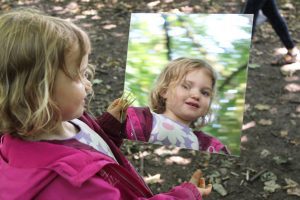
Copy cat games build imagination and empathy, naming games build vocabulary and attention, and games like peek a boo build memory and trust.
In our baby and toddler rooms our early years educators take the time to be with the children for both group activities and one to one. Activities such as fruit tasting, singing and signing, painting, reading, or making pine cone soup in the mud kitchen. Together our educators, managers, cooks, and dogs are the community that are here for these meaningful interactions, support and love.
Pre-school is separated into Yurt/Outdoor Classroom, Forest School and Art studio, where smaller groups help accommodate deeper learning and connections to their peers, grown ups and environment.
Whilst little moments of play and interaction may seem like the trivial light-hearted moments in life, they are in actual fact providing your child with the most important life skills.
By doing these things often, we are giving them the confidence to make friends, try new things and explore the world. Children are hardwired to seek out meaningful connections, it's our job to give them.
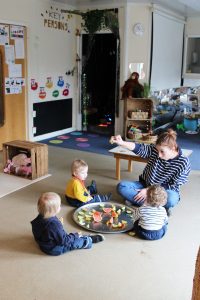
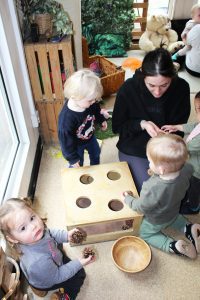
Inspirations is so much more than child-care, its a community; a hub of meaningful interactions to develop life skills, and a love of connecting to people, art and the outside world.
So remember, the next time you sit down with your little one to sing and do the actions of their favourite song, you might just be changing their world.
-Nathalie

This blog was inspired by the following Ted talk https://www.instagram.com/reel/C9rK3irKtYM/?igsh=MXFiYjJ3NTZibmUyZw==
Funding
September 2024 brings the next phase of the government funded hours expansion. From September 2024, the 15 hours funding will be extended to, those eligible, from nine months plus. It’s important to know that 15 hours is funded for 38 weeks of the year (term time only and one non funded week in Autumn). At Inspirations, we can stretch that to make it 11 hours a week. We can do that from each September term.
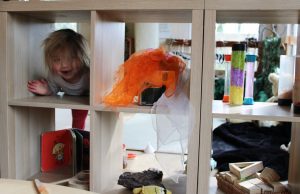
One thing we need to be aware of, is that all funding becomes valid the term after they turn 9 months, 2 years or 3 years. The terms are September (Autumn), January (Spring) and April (Summer). This means if your child turns 3 in May, they will not be eligible for the 3-year
funding until September.
You can check if you are eligible and set up a childcare account here - https://www.gov.uk/check-eligible-free-childcare-if-youre-working
Here you need to also revalidate your code every 3 months; it’s a good idea to make a note of the date as more than likely, the reminder will go in to junk. If you don’t revalidate it, we as providers will not be able to claim the funding on your behalf.
On here, you can also make use of the tax-free childcare scheme. It is useful because when you put money in there, you get a government top up. Then you can pay Inspirations through that. You get an account code that you will just need to send us, so we know who to allocate
it to when it’s been paid in. Next September 2025, is the last phase of the funding expansion; where we will see all
eligible families receive 30 hours per week childcare. Again, this is over 38 weeks but we can stretch that too.
Please see the link below for our video to help you fill out the funding forms-
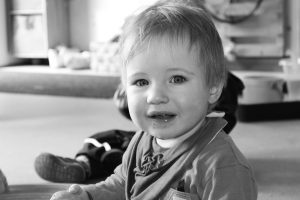
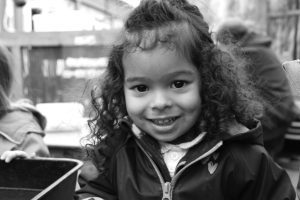
-Kayleigh
Empowering the Child's Voice Through Art
This July, my self (Nathalie from the Art Studio) and Tara took part in an early years conference 'Using the Arts for the Children's Wellbeing and Communication: A holistic Approach'. It was delivered as part of a funded Arts Council Partnership called 'Tuneful Chatter,' and was a wonderful reminder of why we do what we do at Inspirations Nurseries in terms of creativity and the 100 languages of learning.
At the beginning of the conference we were asked to write down 'What do we want for this child' in any given learning opportunity. The answer I wrote down was 'I hope the child feels confidence to experiment with materials and to learn from mistakes so they can build confidence. I hope the child discovers something they love doing'.
So how do we ensure we are doing this at inspirations? This is why the child led approach is so important. In the Art Studio, our purpose build creative space for pre-schoolers, a pirate interest became a common theme for many of the children. It came pretty much from nowhere, but it was our job to follow it, the children were heard, and the room reflected that.
Over the weeks we have explored this topic in many expressive arts, but after creating a collaborative treasure map I stepped back and observed. It became apparent the interest was in the process of creating paint to represent the sea. The real interest here was not at all the end result of the treasure map, but it was the process. So, inspired by the sea, we have spent a whole week now dedicated to mixing shades of blue, and it has kept their attention for such a huge amount of time.
Art is a form of expression
Art is a communication tool; a tool for voice. Our job is to empower that child's voice. When the children in the Art Studio sit with the palettes and paints experimenting with colour, in that moment that is their language of learning; they are being heard; they are getting exactly what they want from the moment. When this happens, we have done our job.
Some of the children used this session to mix paint to make 'blueberry crumble', and pour the paint into biscuit trays, and that is ok. As the educator we do not prescribe outcomes, this is not paint by numbers.
Children have 100 languages of learning and it is our job to match that, not restrict it. When a child is full of potential there is hope and they know that you believe in them.
In order to create these enriching environments we also need to think about the community we are building in our classrooms. Our children pick up on feelings, part of our job in this type of setting is to make the place full of wonderful conversations. Wonderful conversations between staff, animals, each other and to do this we have to understand our selves and be compassionate to our selves and others. Ultimately, Inspirations is a community, filled with deep learning and joy from all.
So what do we want for our children?
'Our task regarding creativity is to help children to climb their own mountains. No one can do more'- Malaguzzi 1988
Thank you to the Doncaster Council and Tuneful Chatter for inspiring conference, and reminding us of the importance of all of the expressive arts in the early years.
-Nathalie
Inspirations Summer Party
We are 20 years old
On Saturday 13th is was our Summer Party, a chance to celebrate our School Leavers and our 20th Birthday all rolled into one. The dull skies did not reflect the mood, as the amazing Spike Bonzo brought magic and laughter to our nursery, Capela Do Samba brought in some carnival outfits and rhythmic drum beats and we had food, face paint and a fire engine, as well as our school leavers song and ceremony.
Thank you all for coming to help us celebrate. Here's a few photos from the day.
- Nathalie

